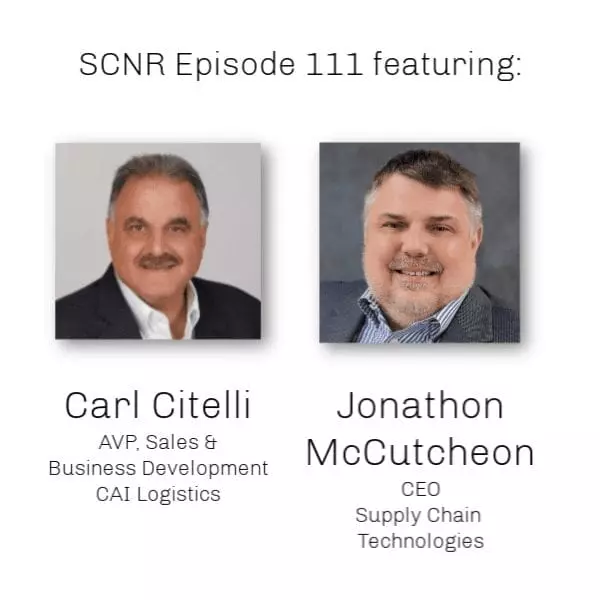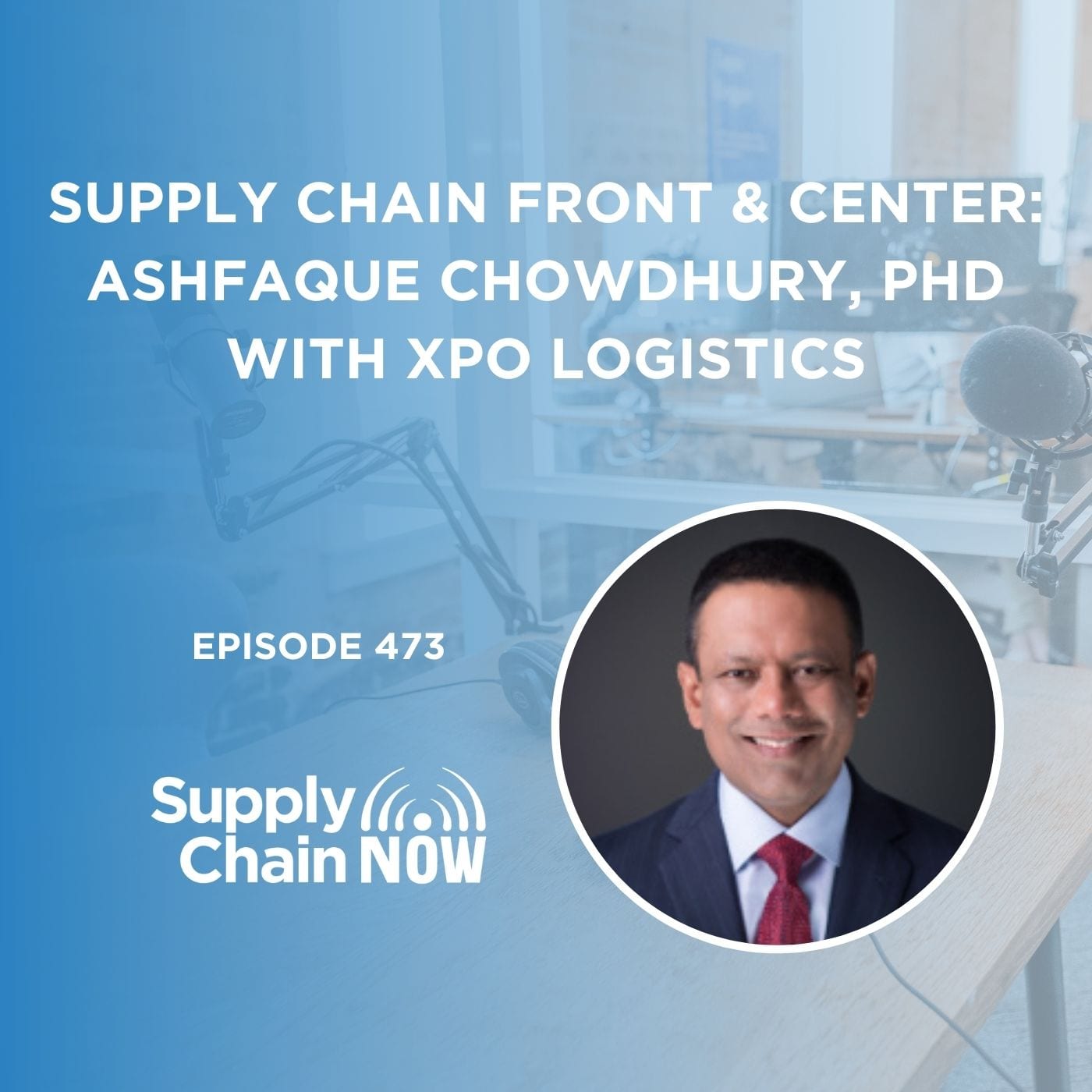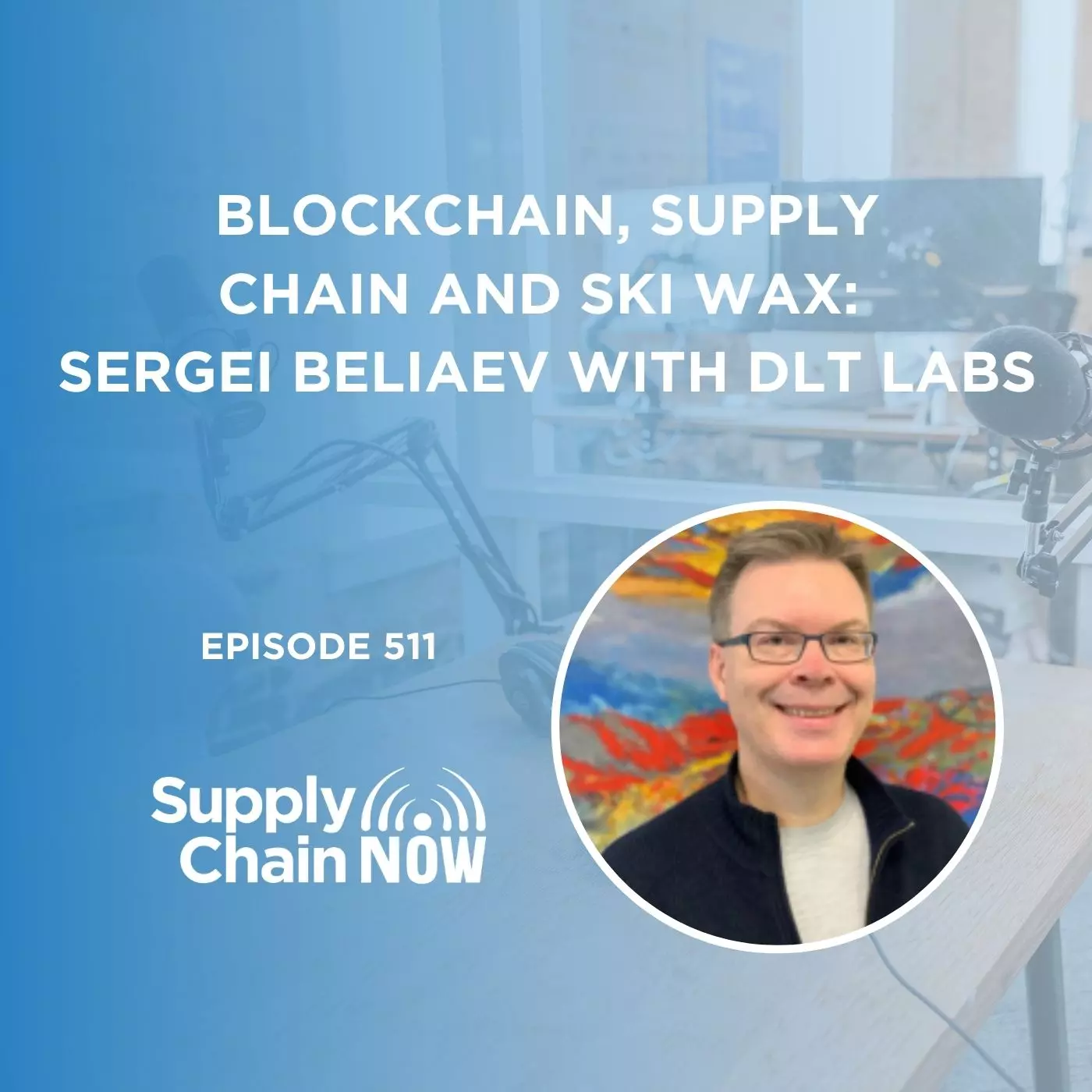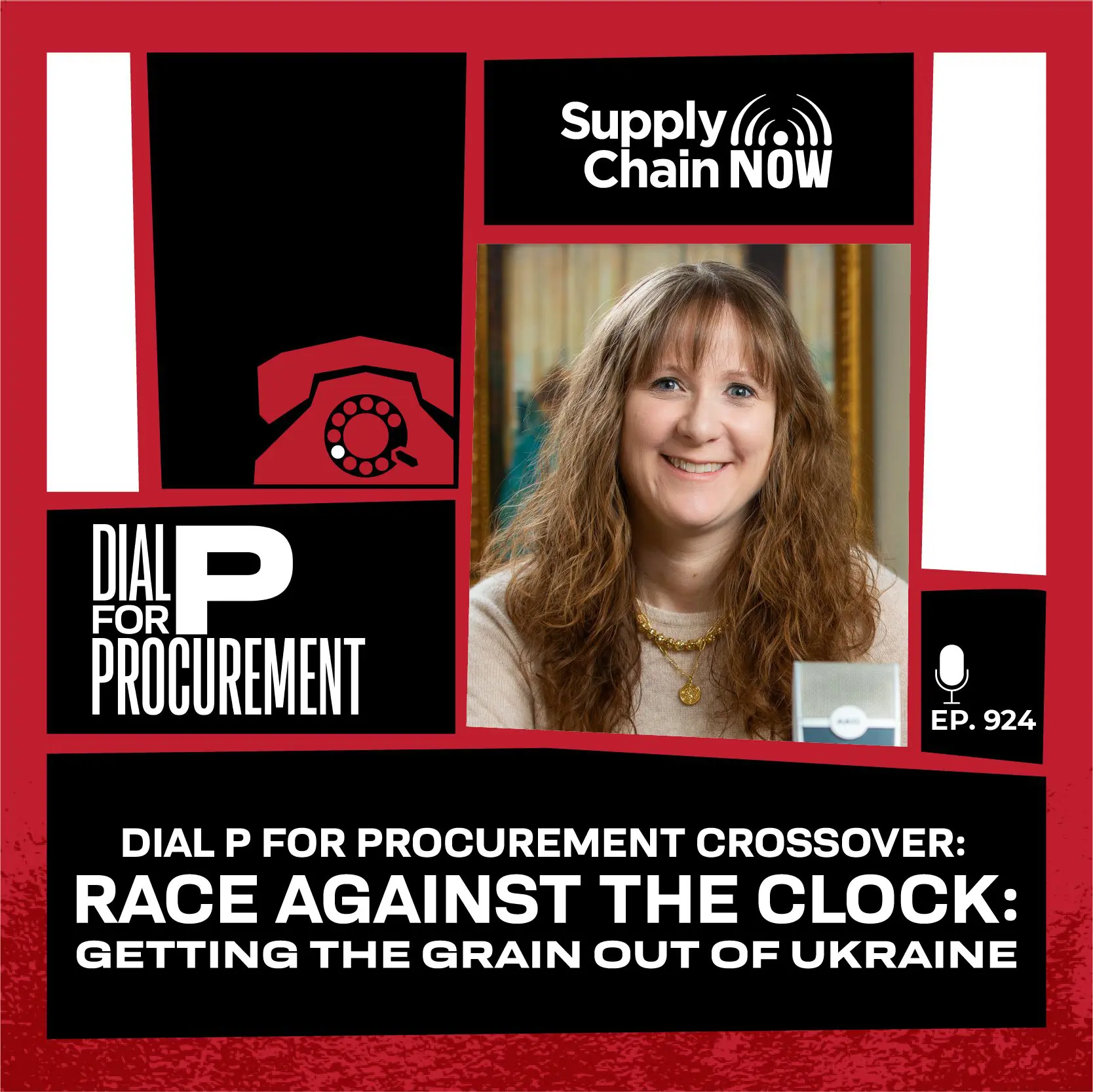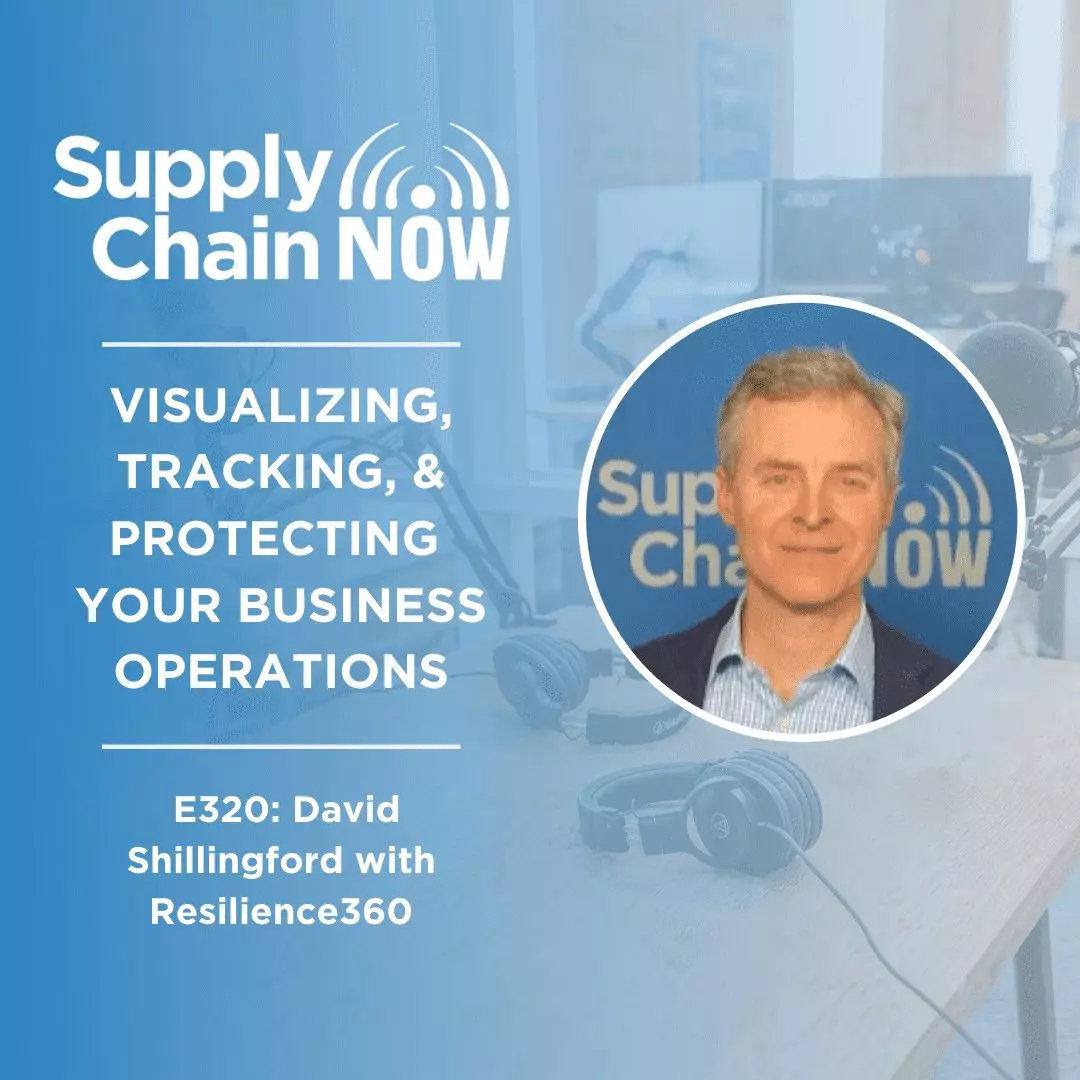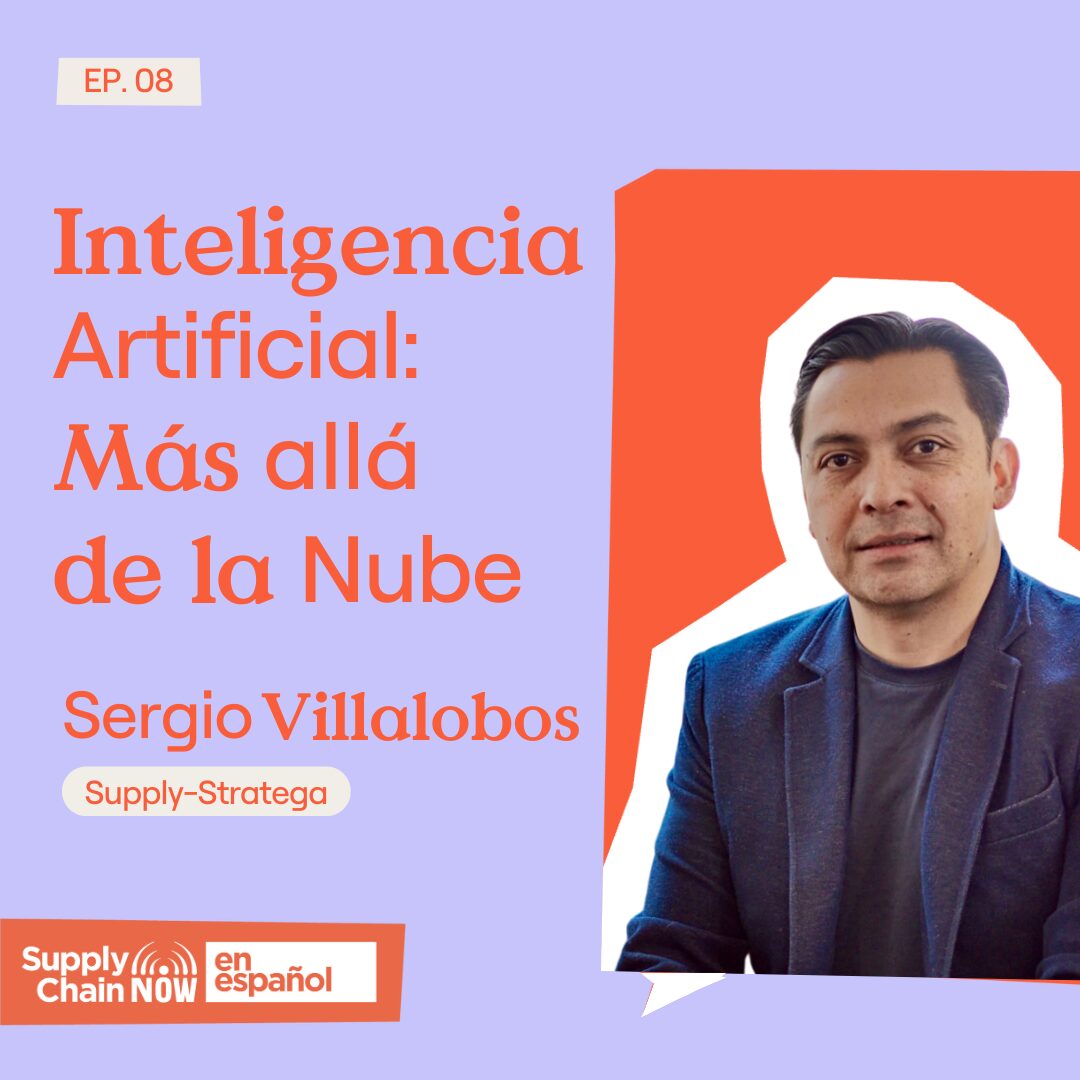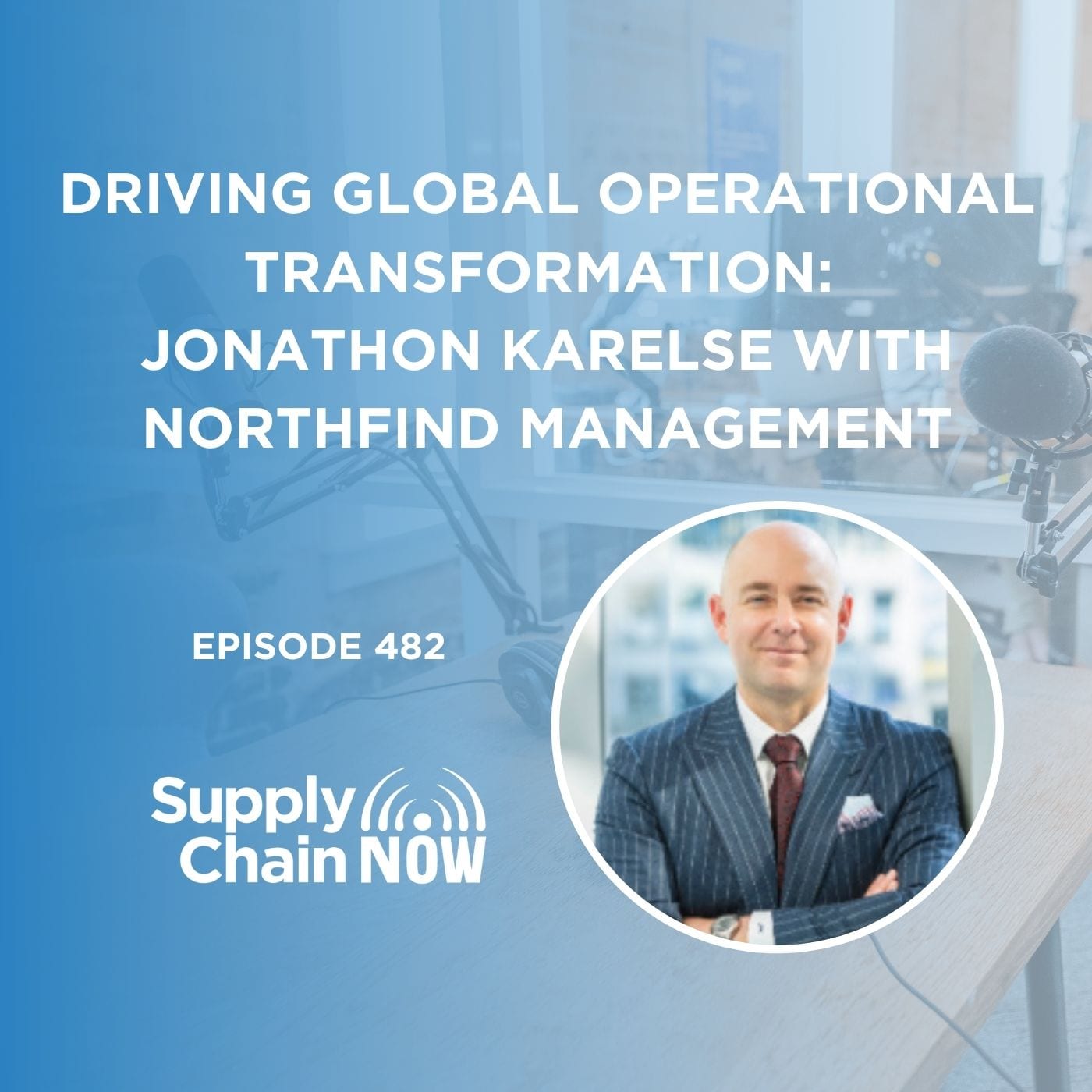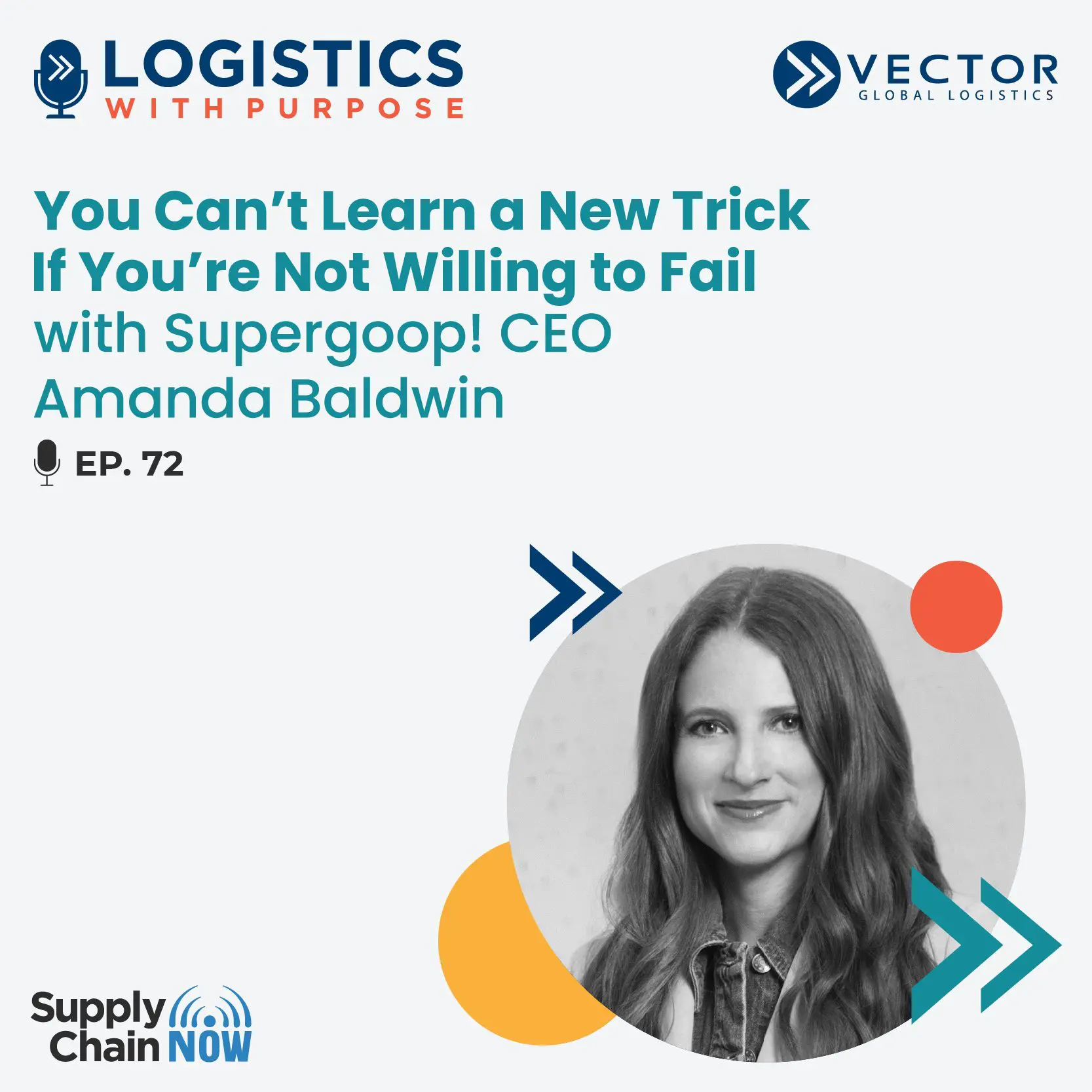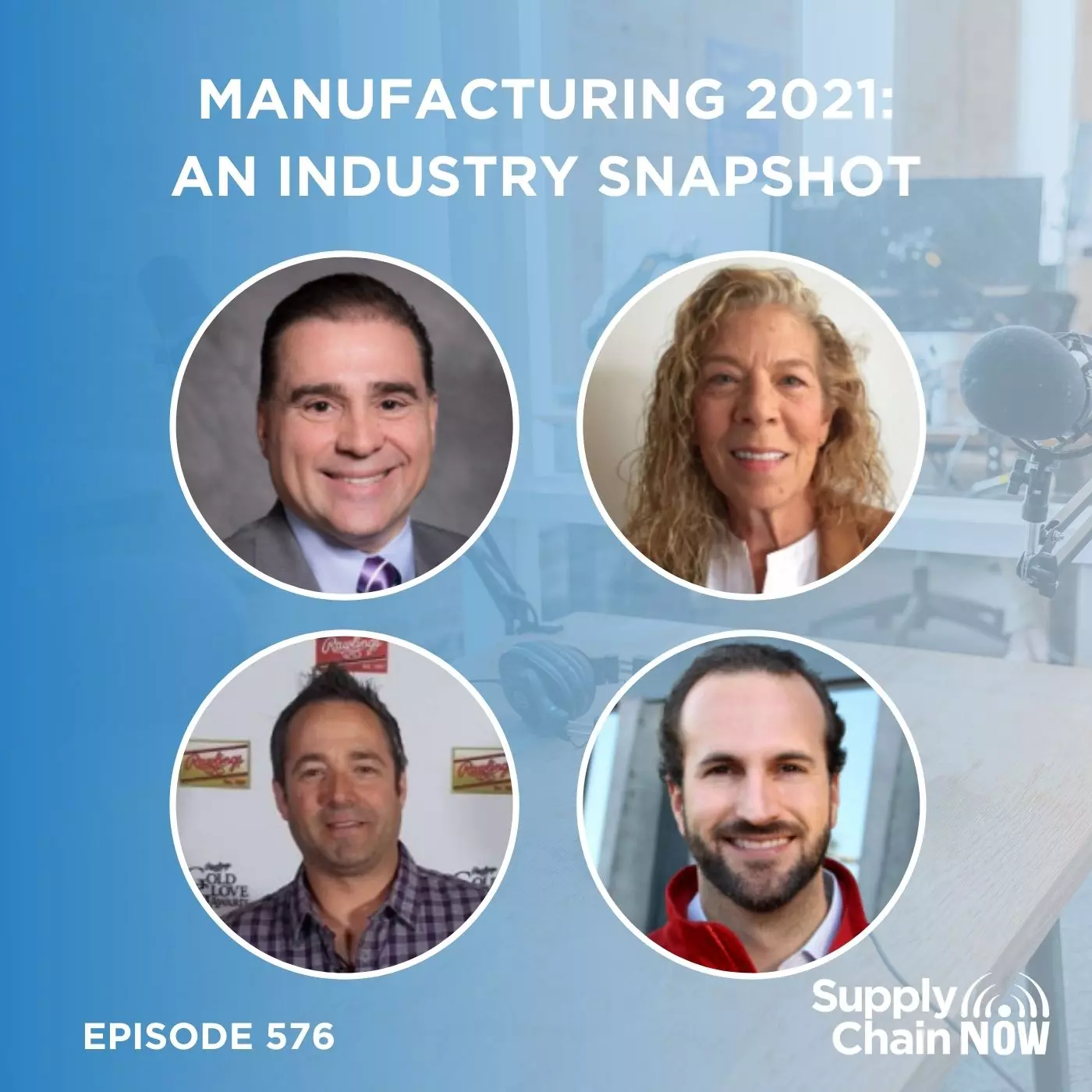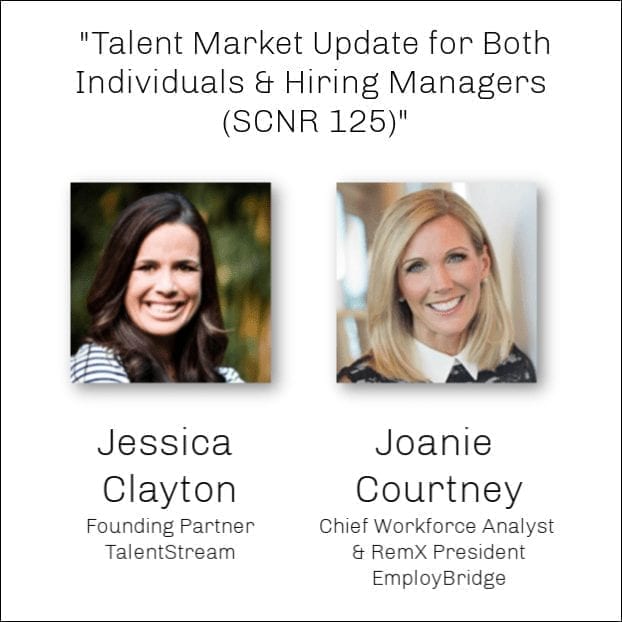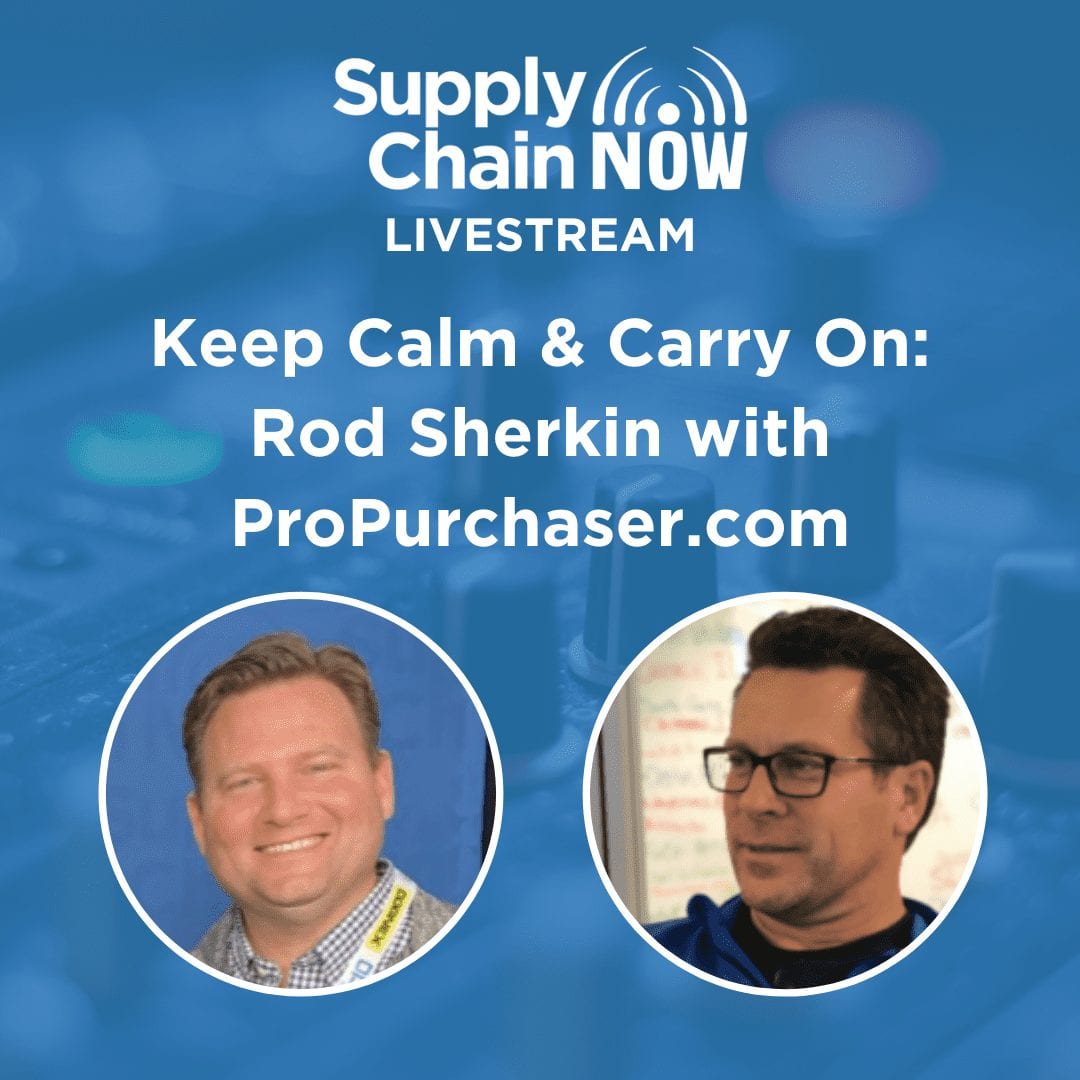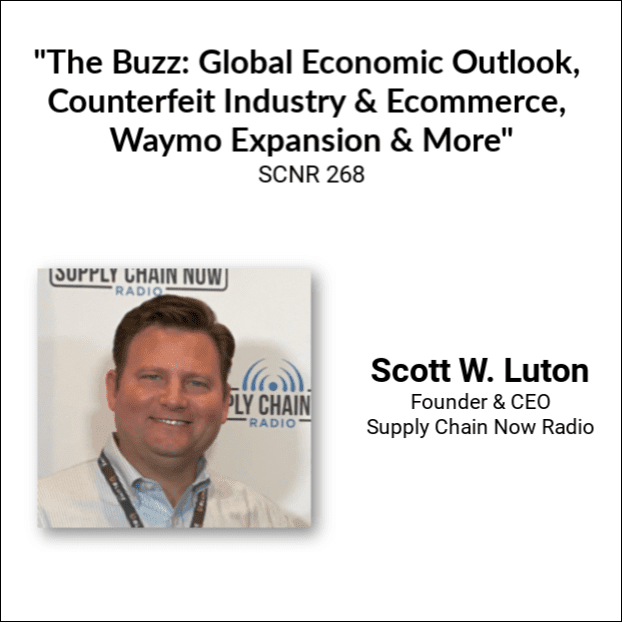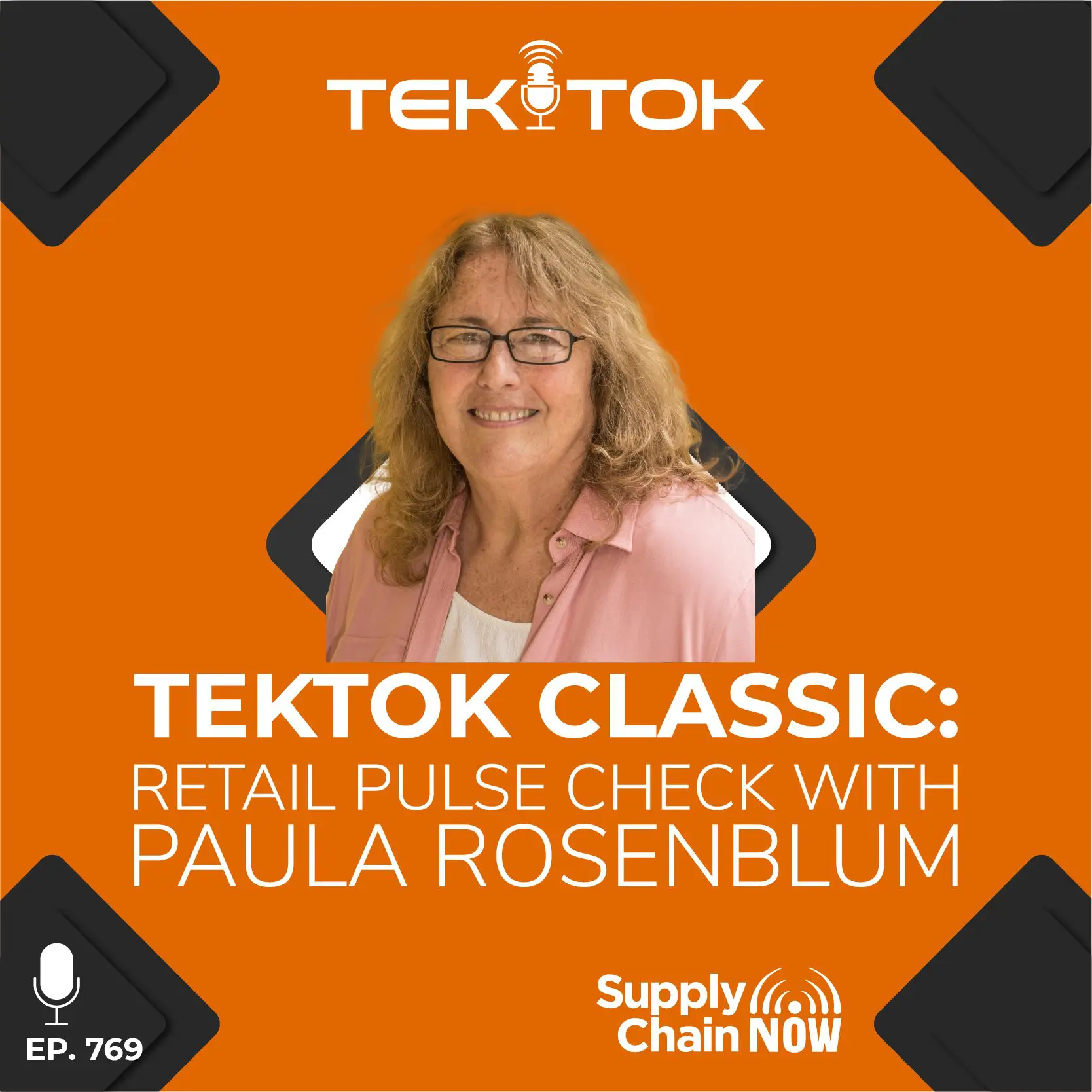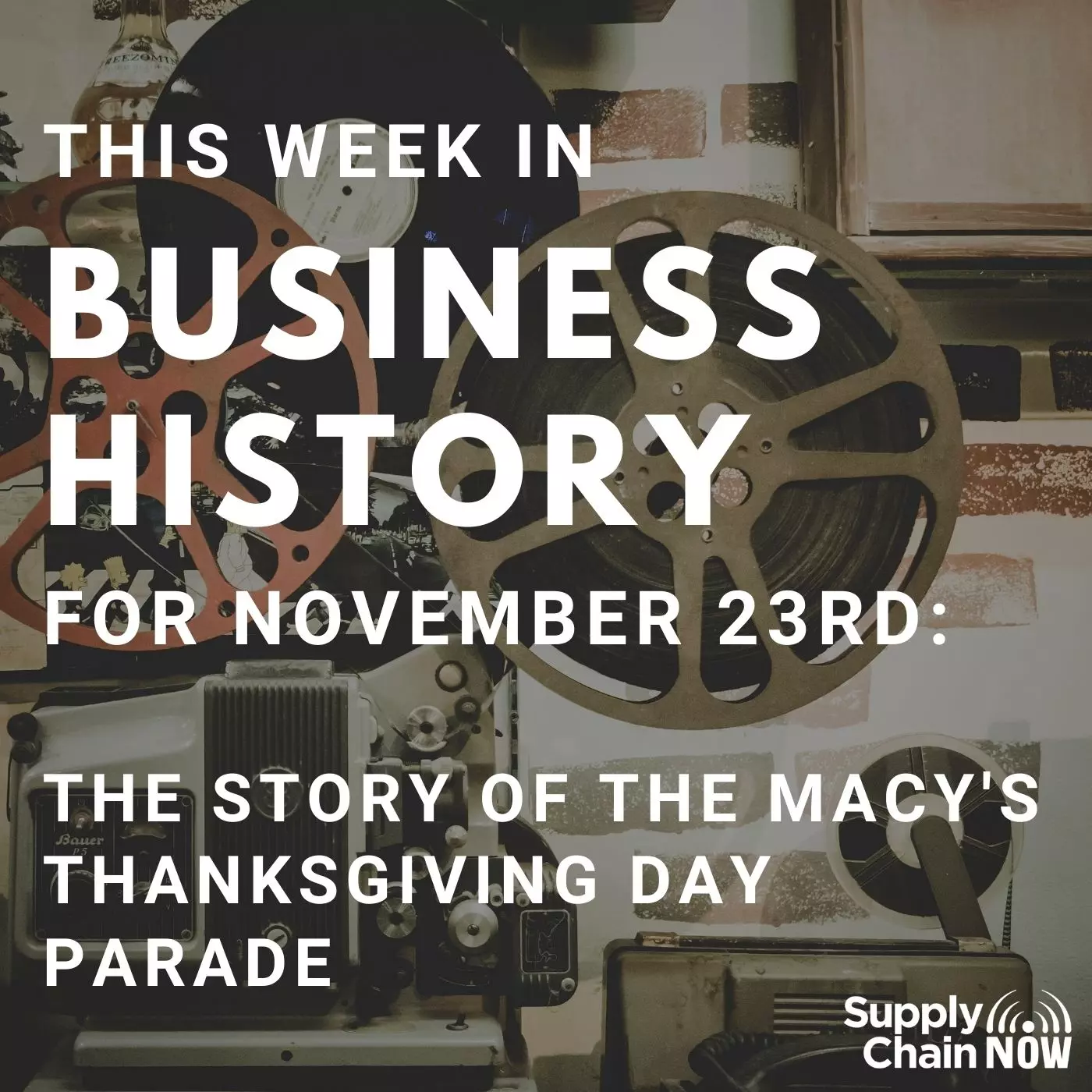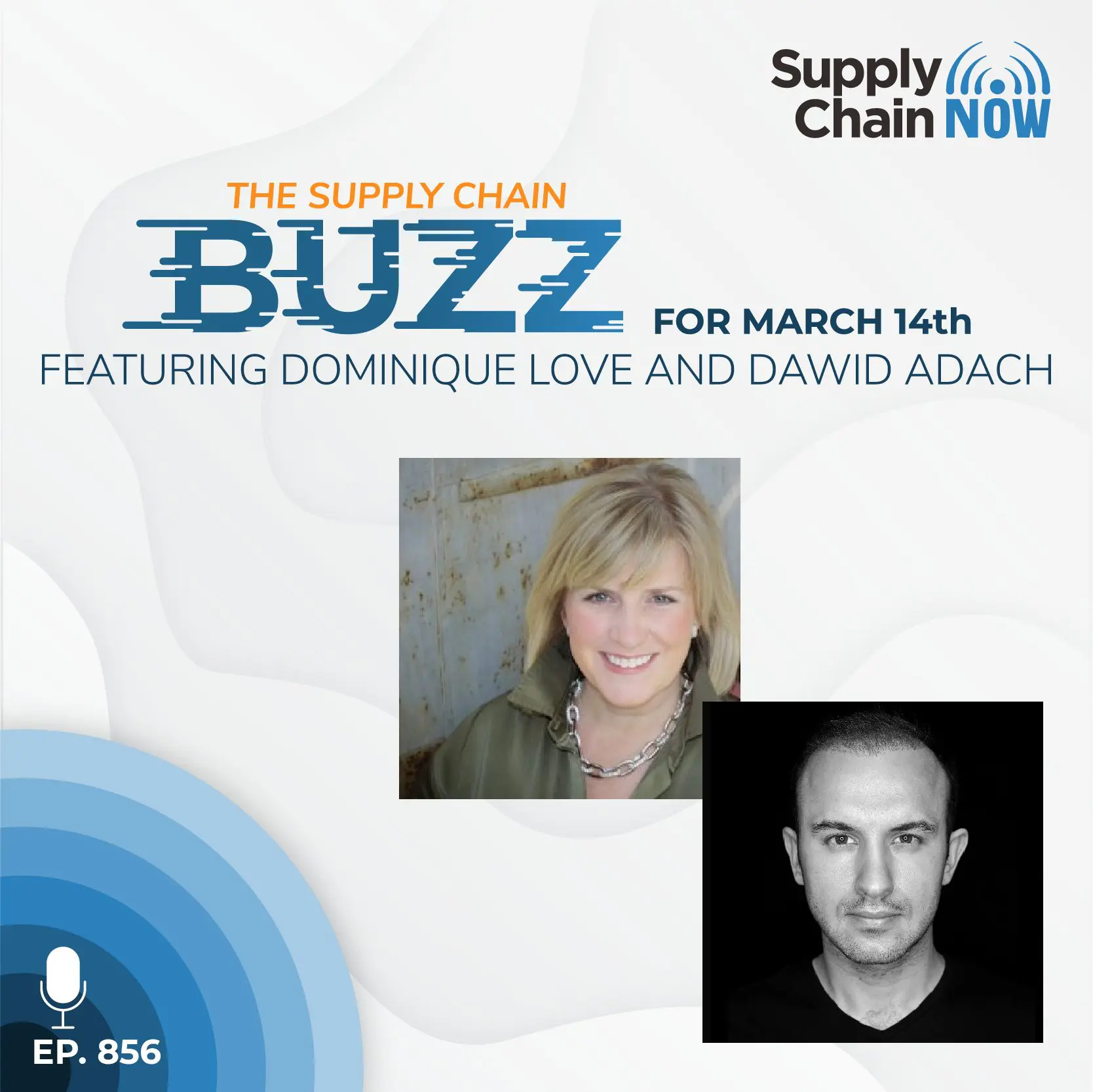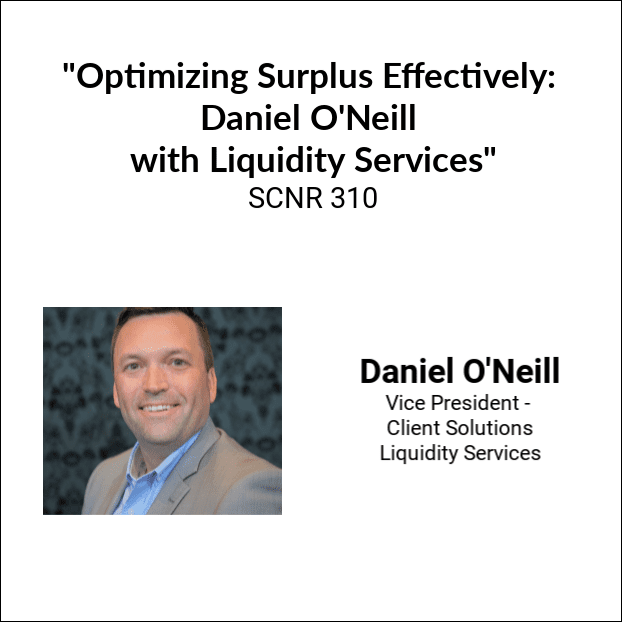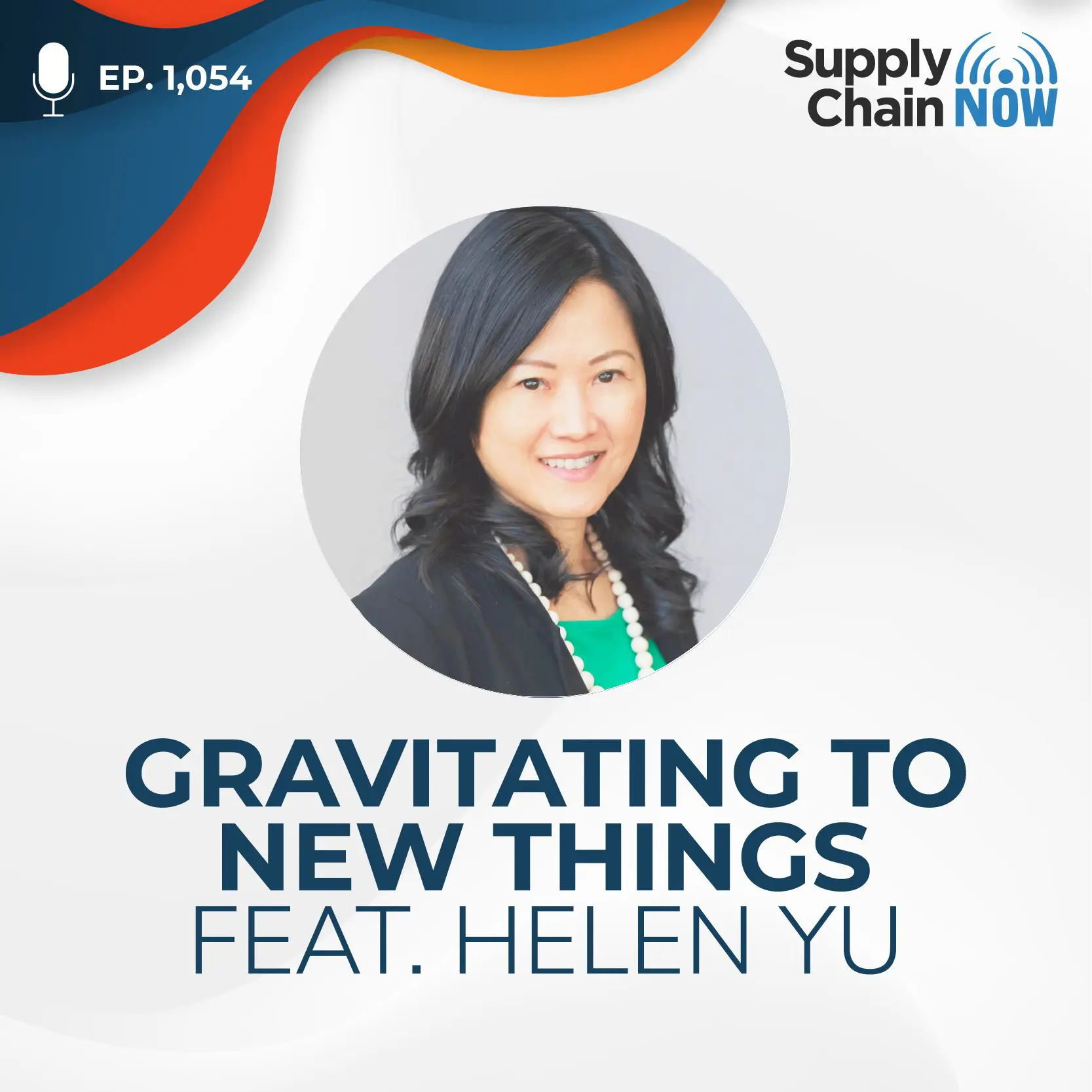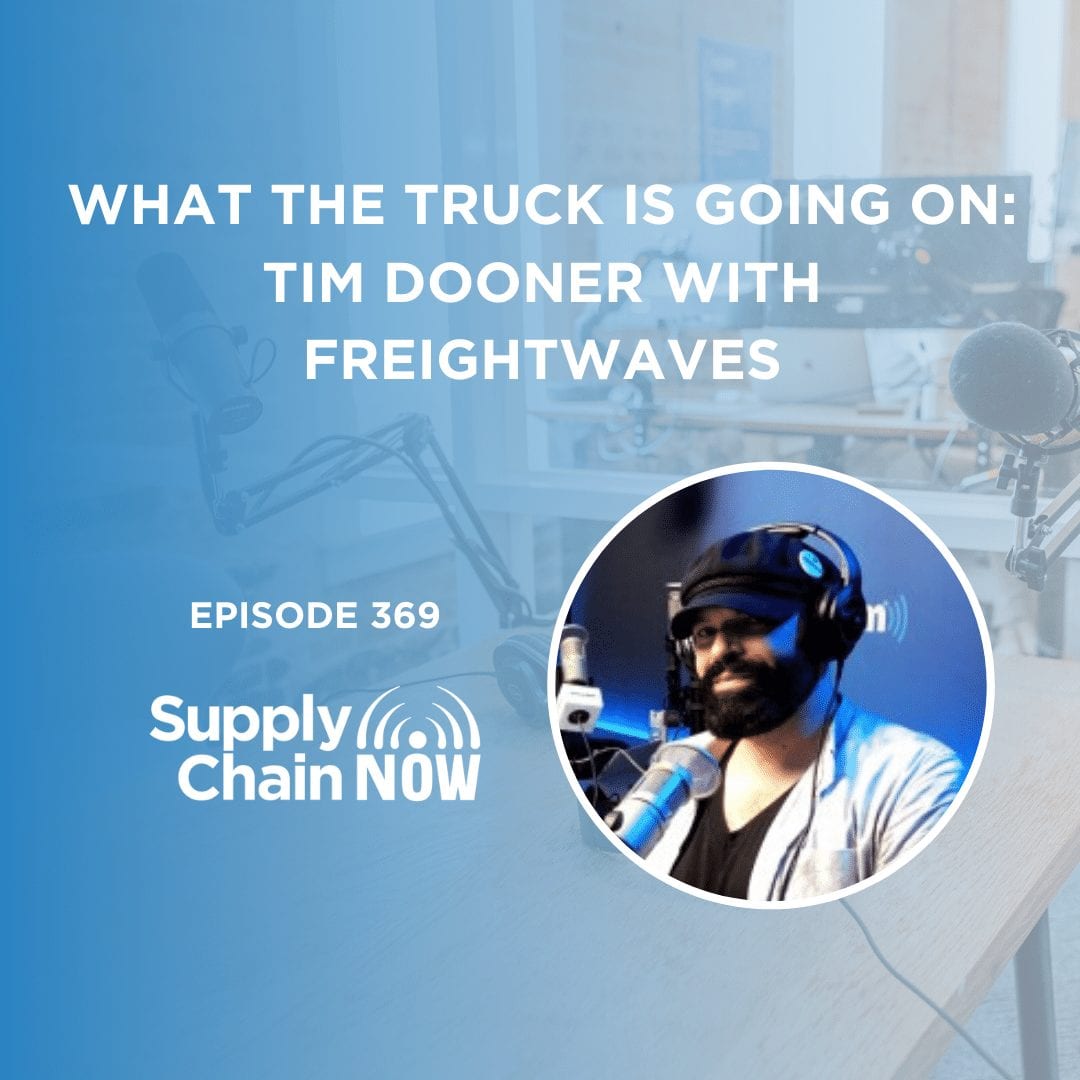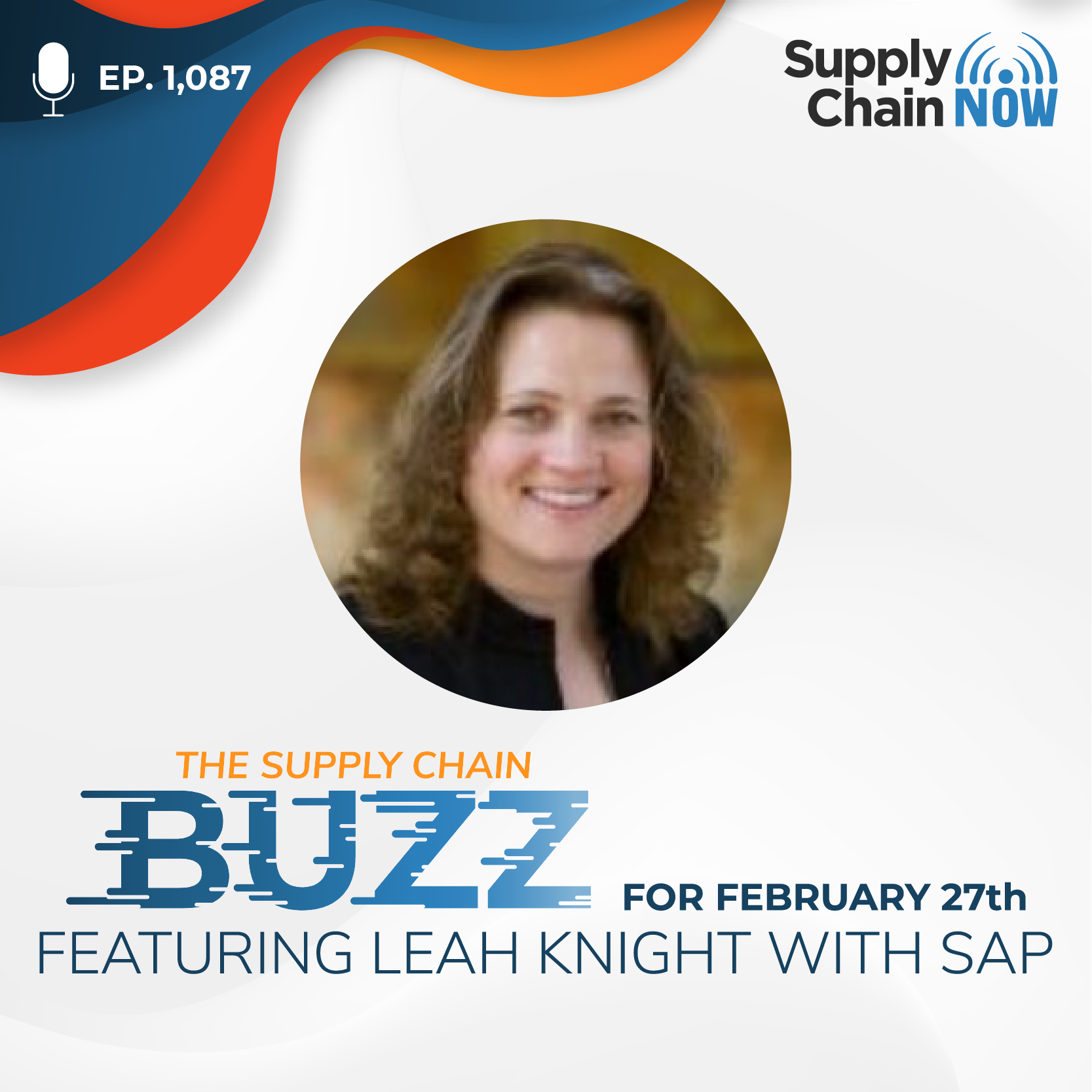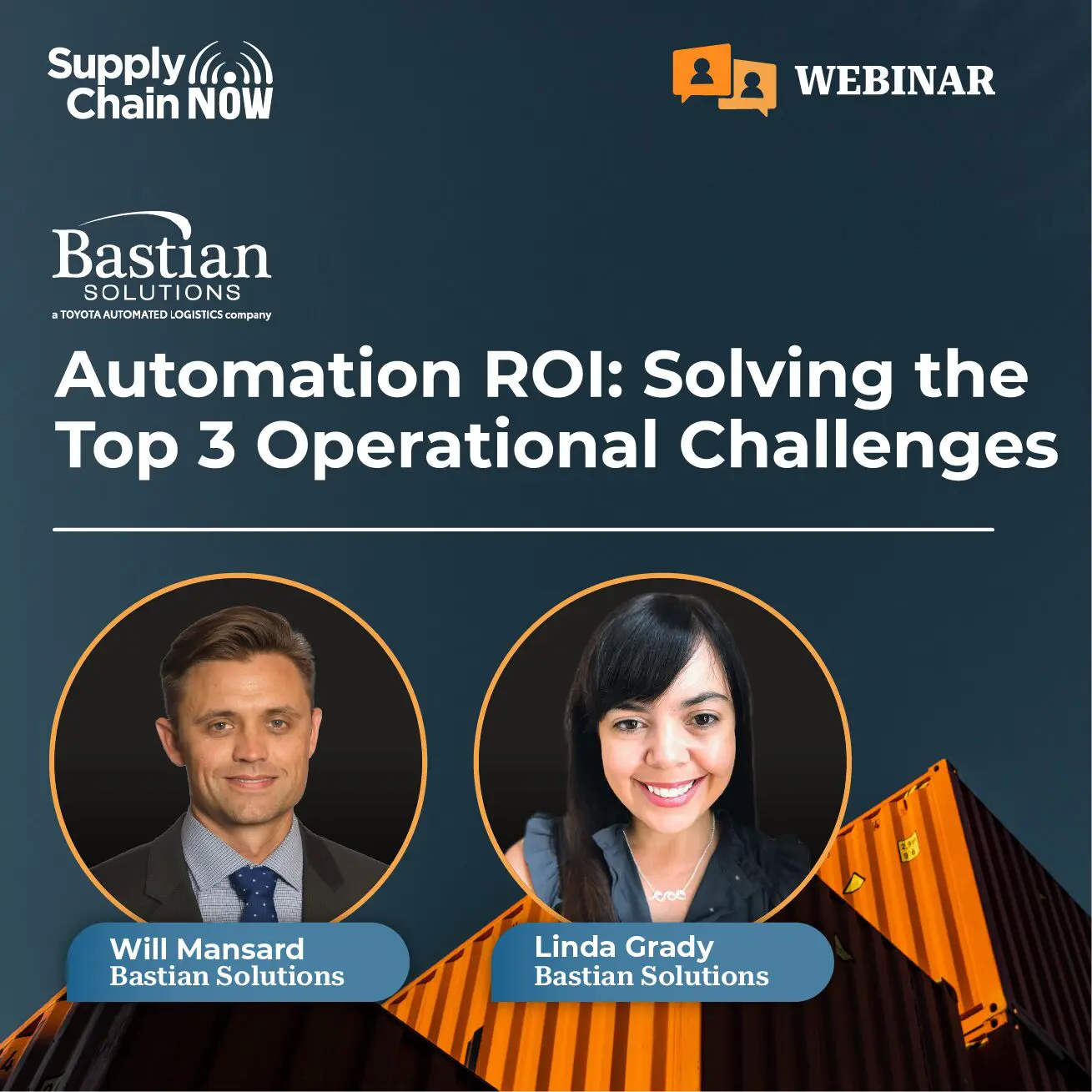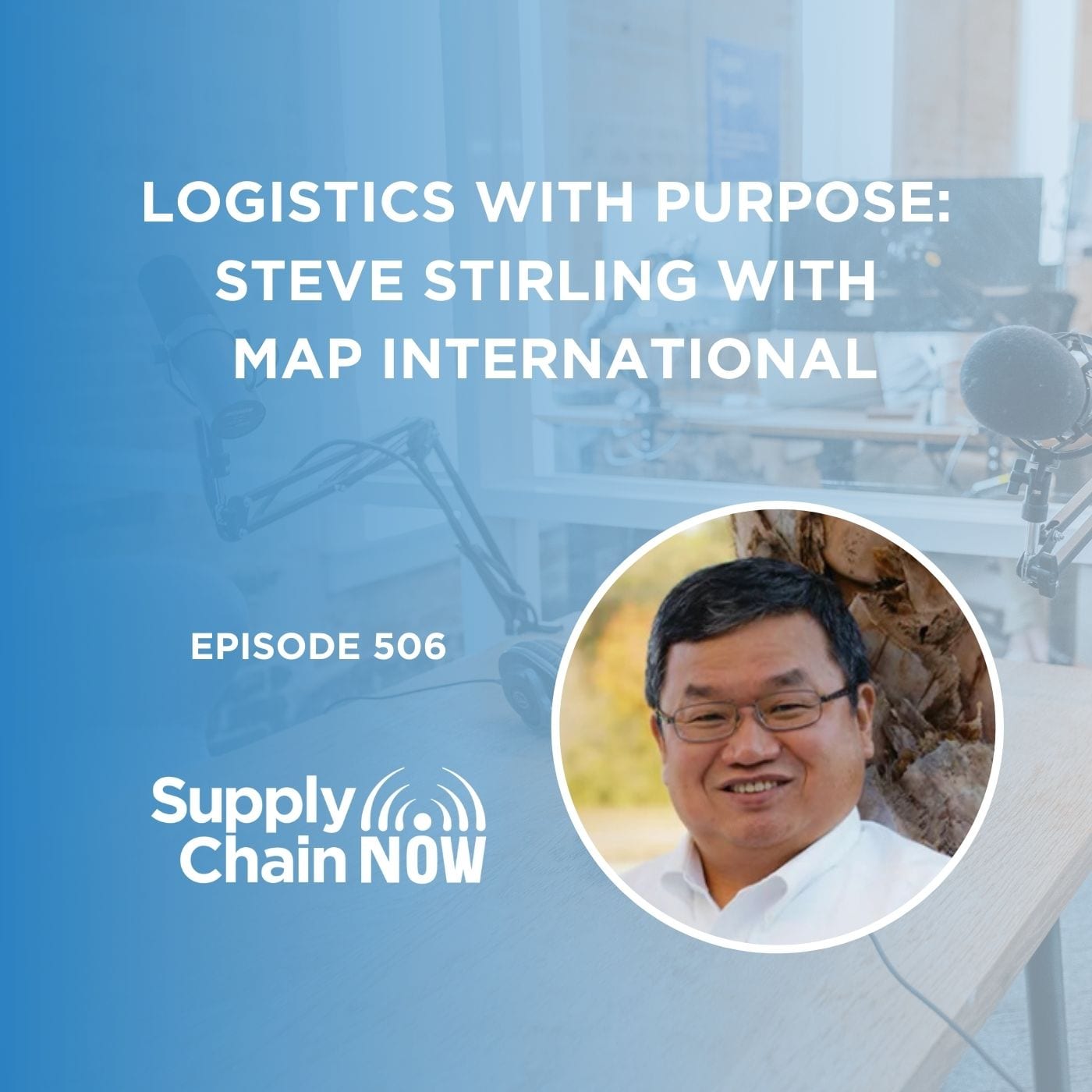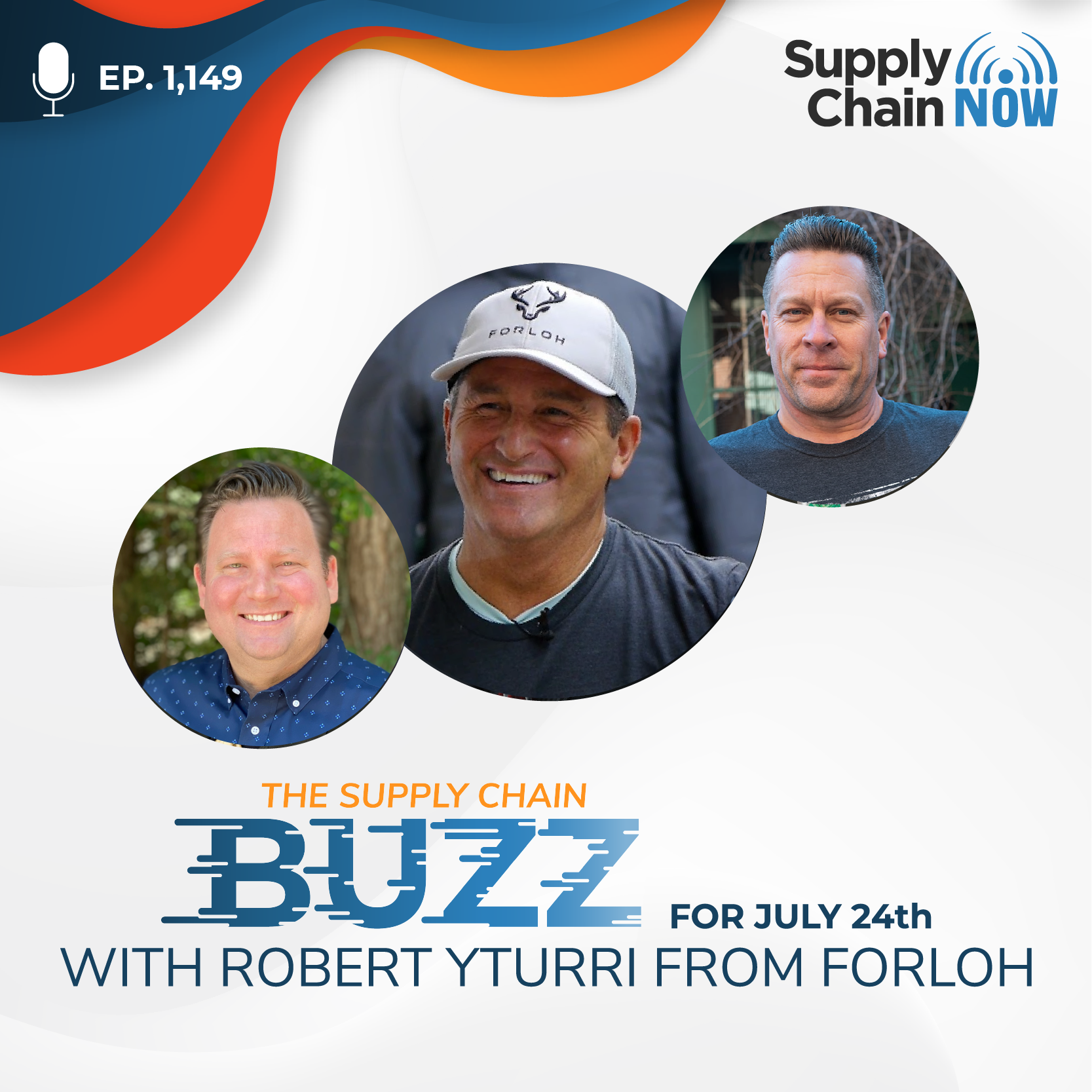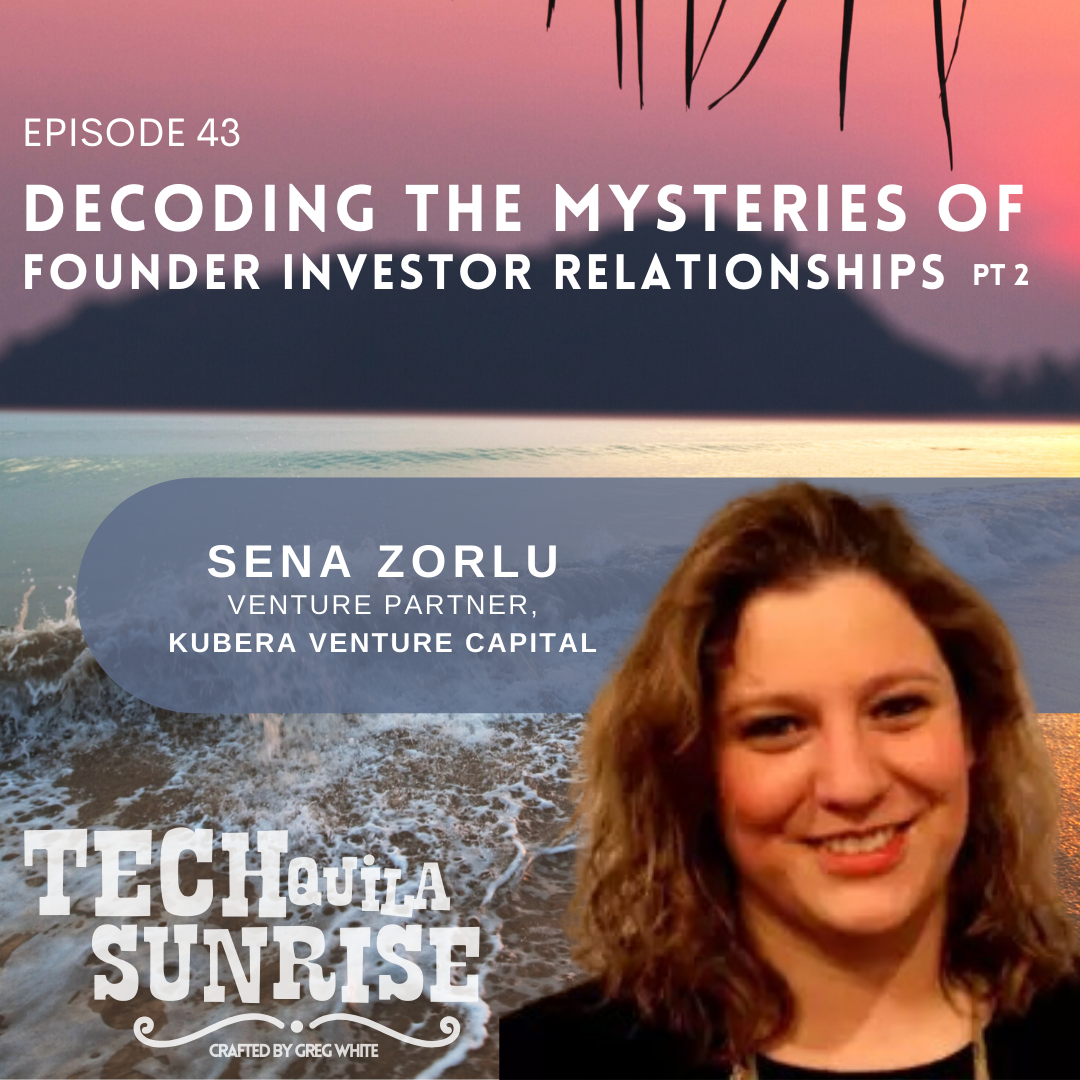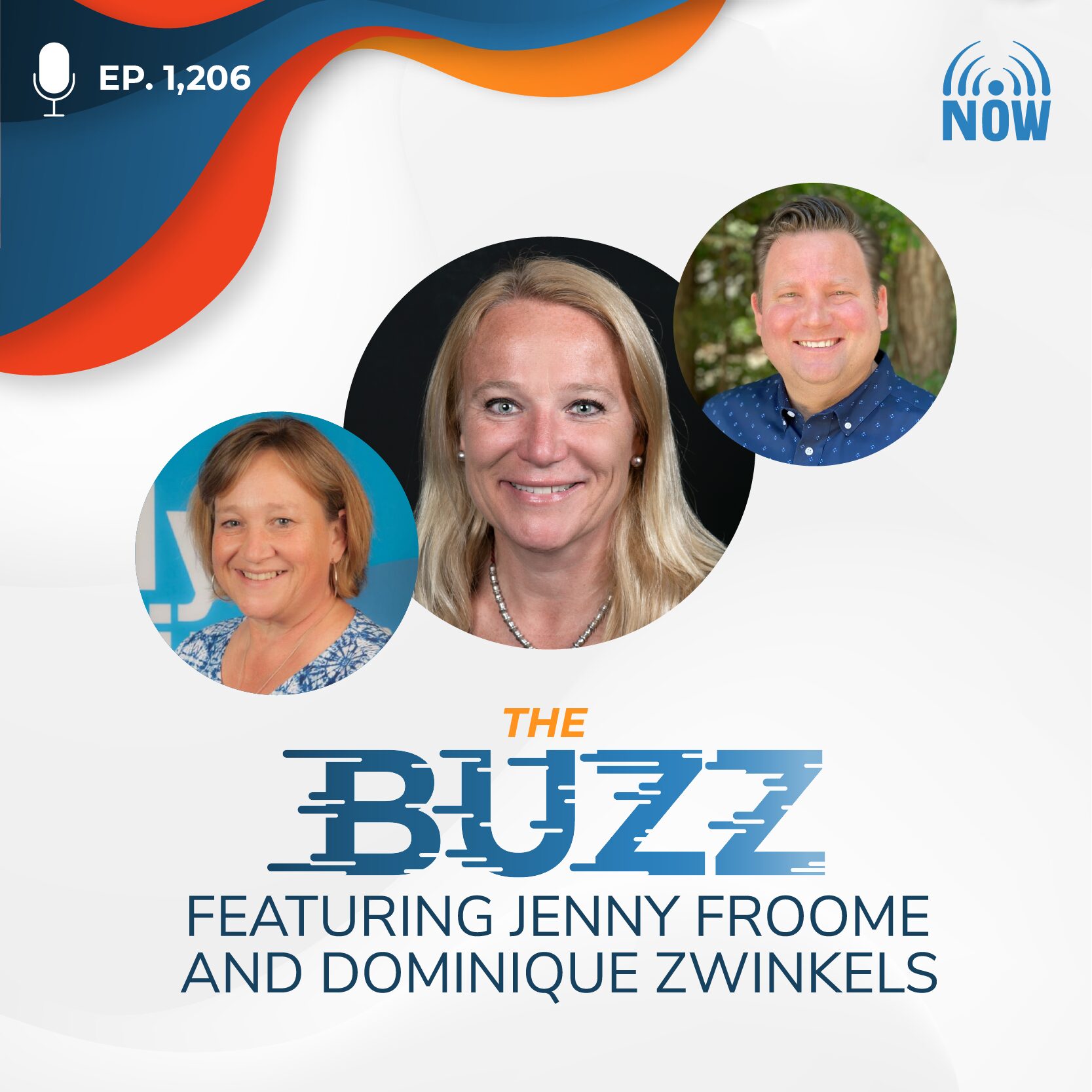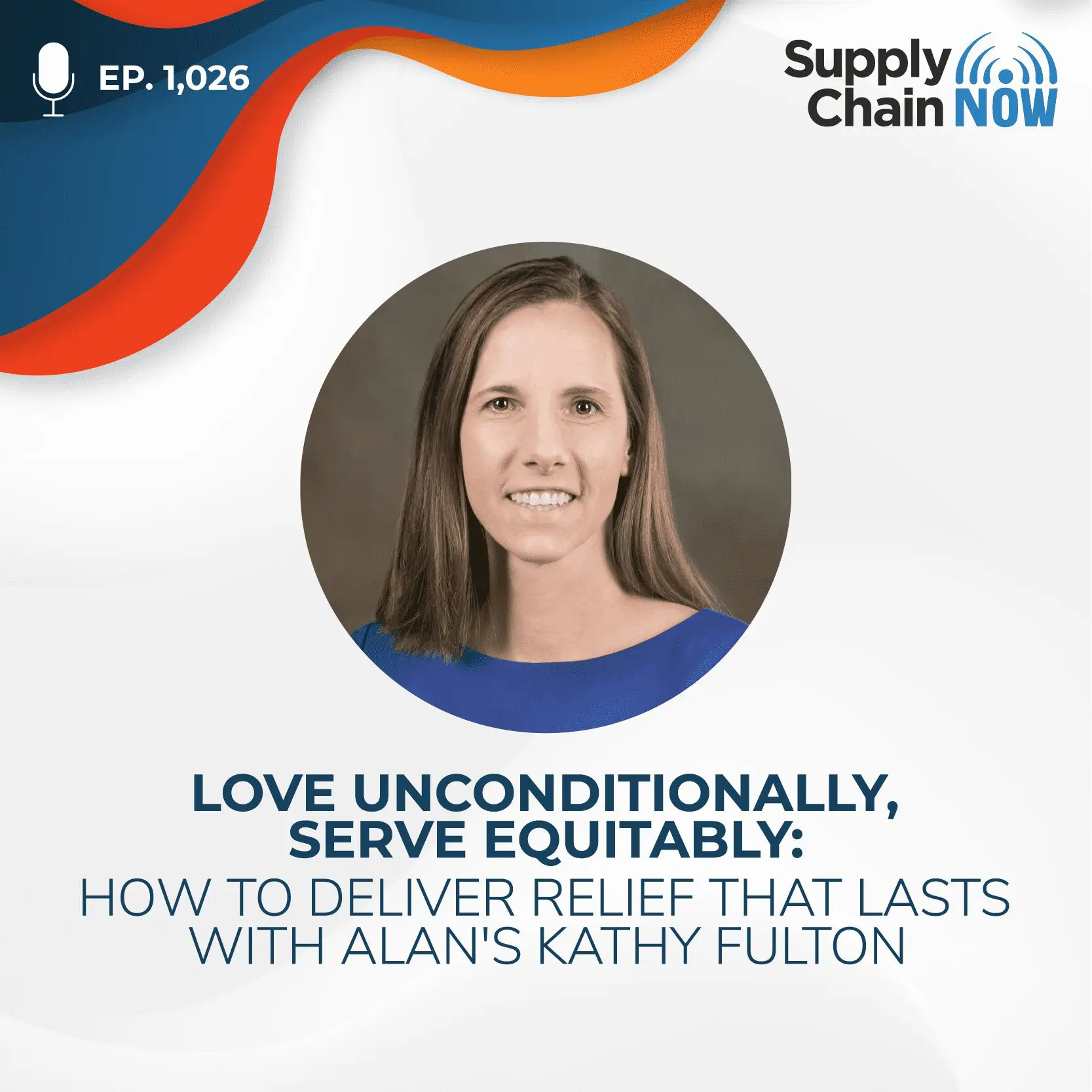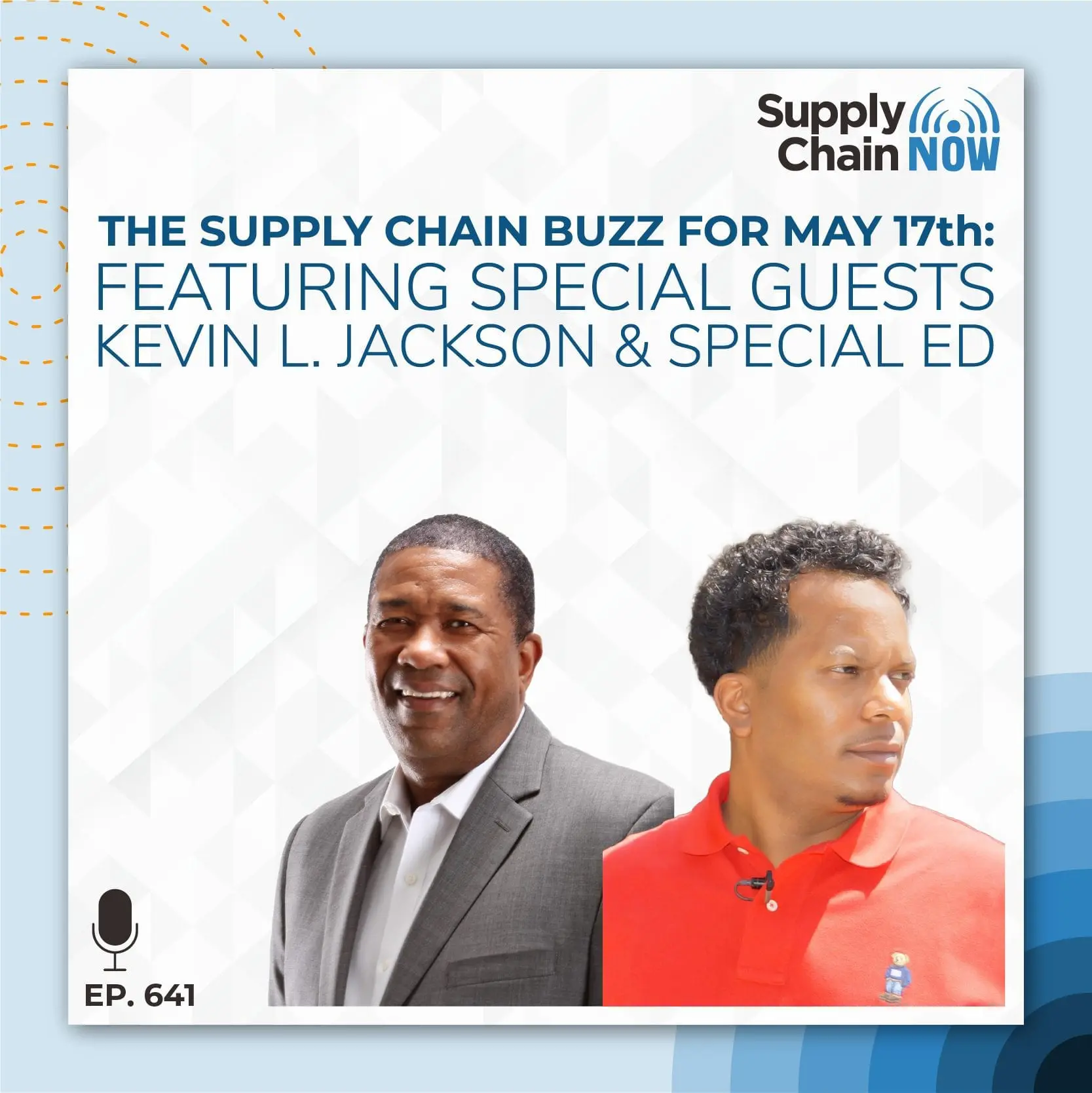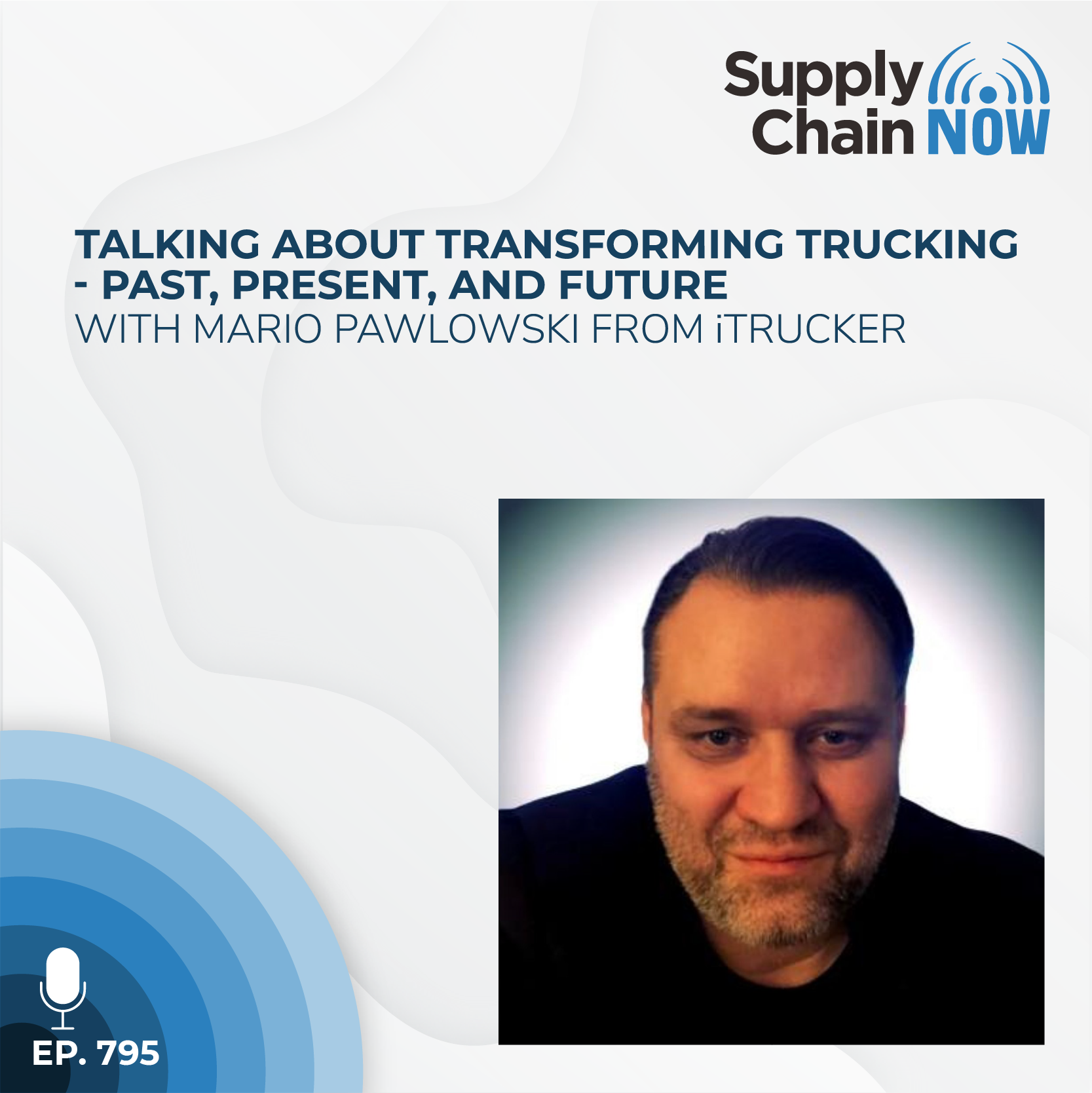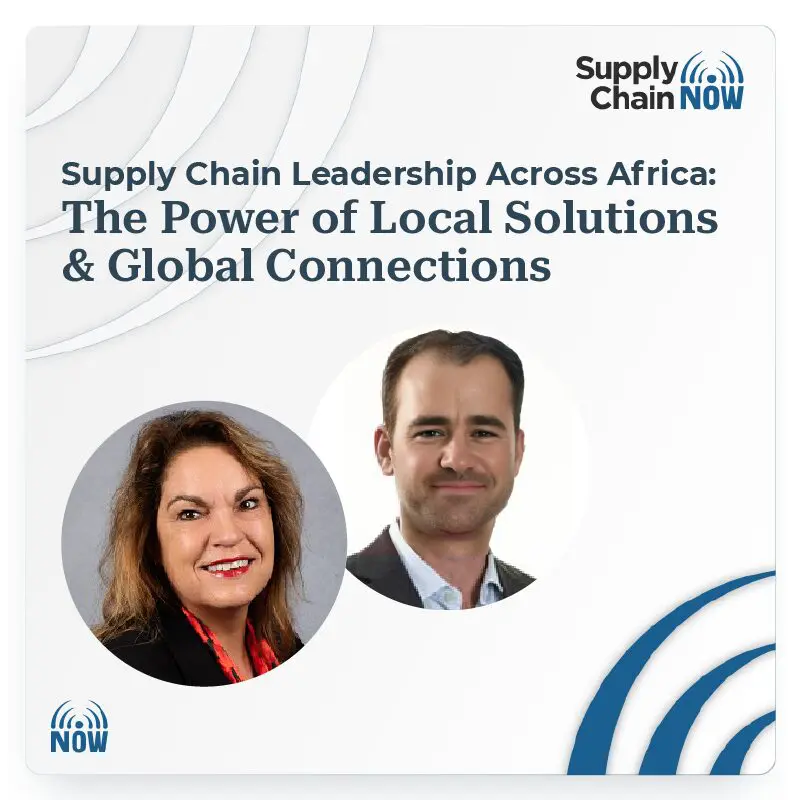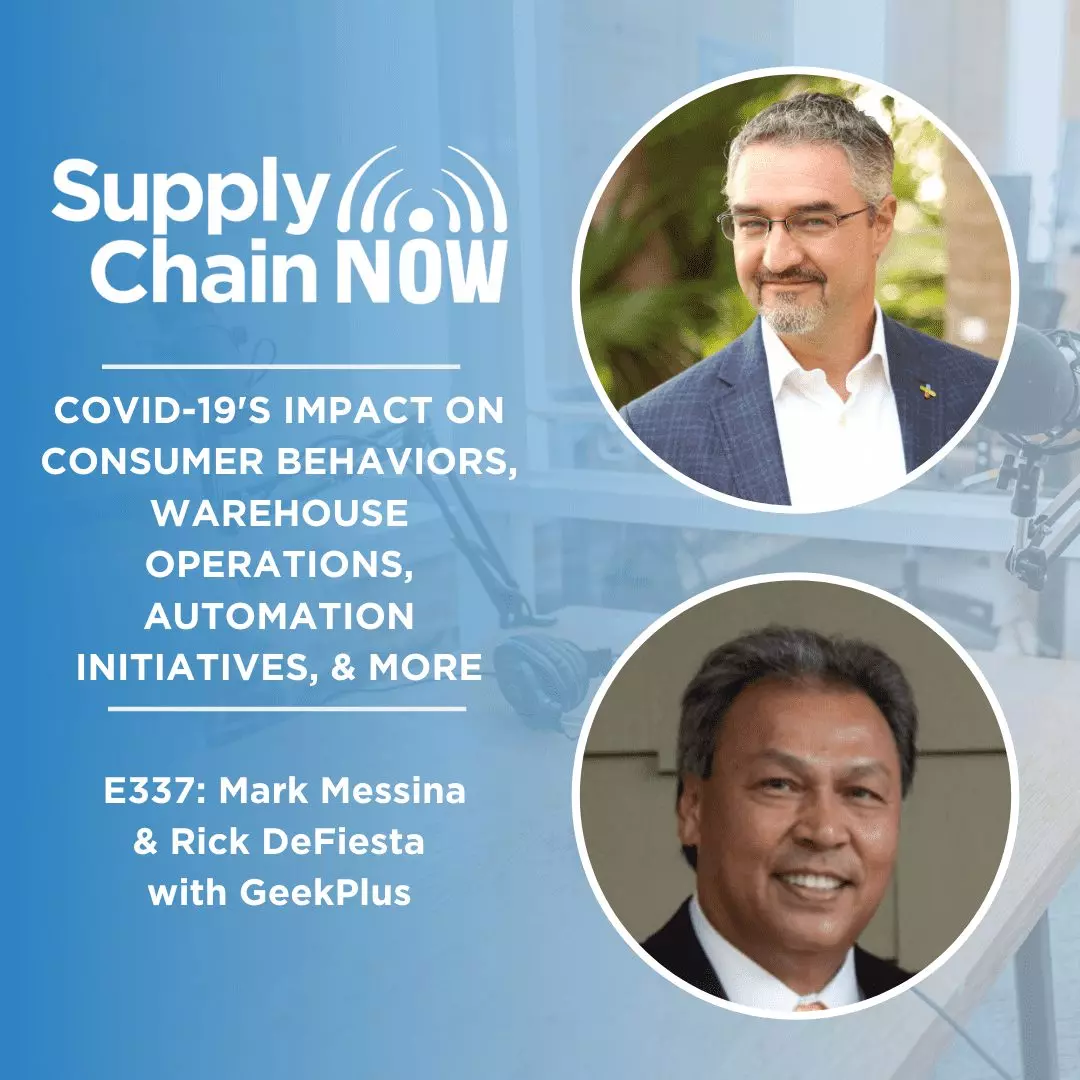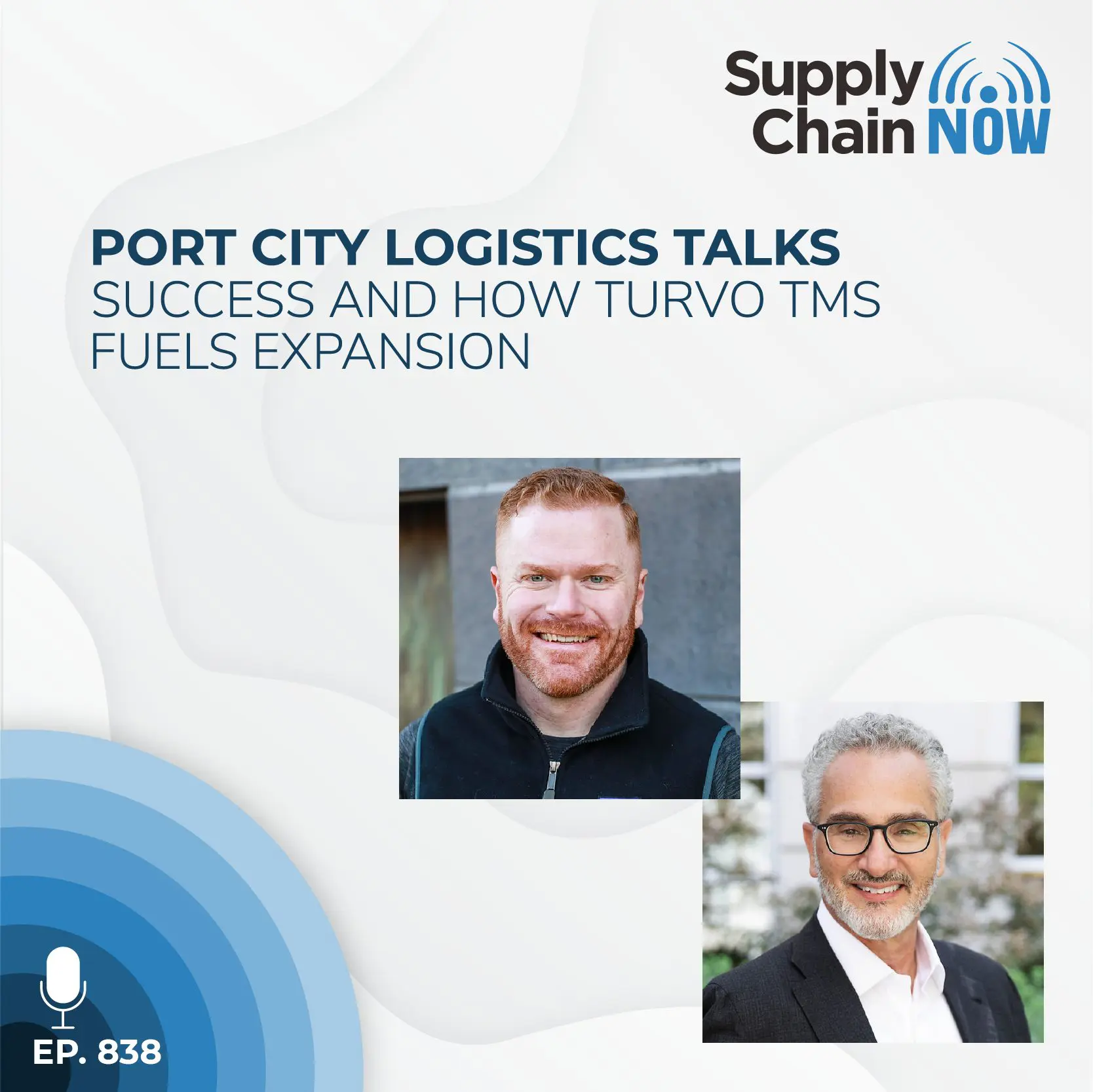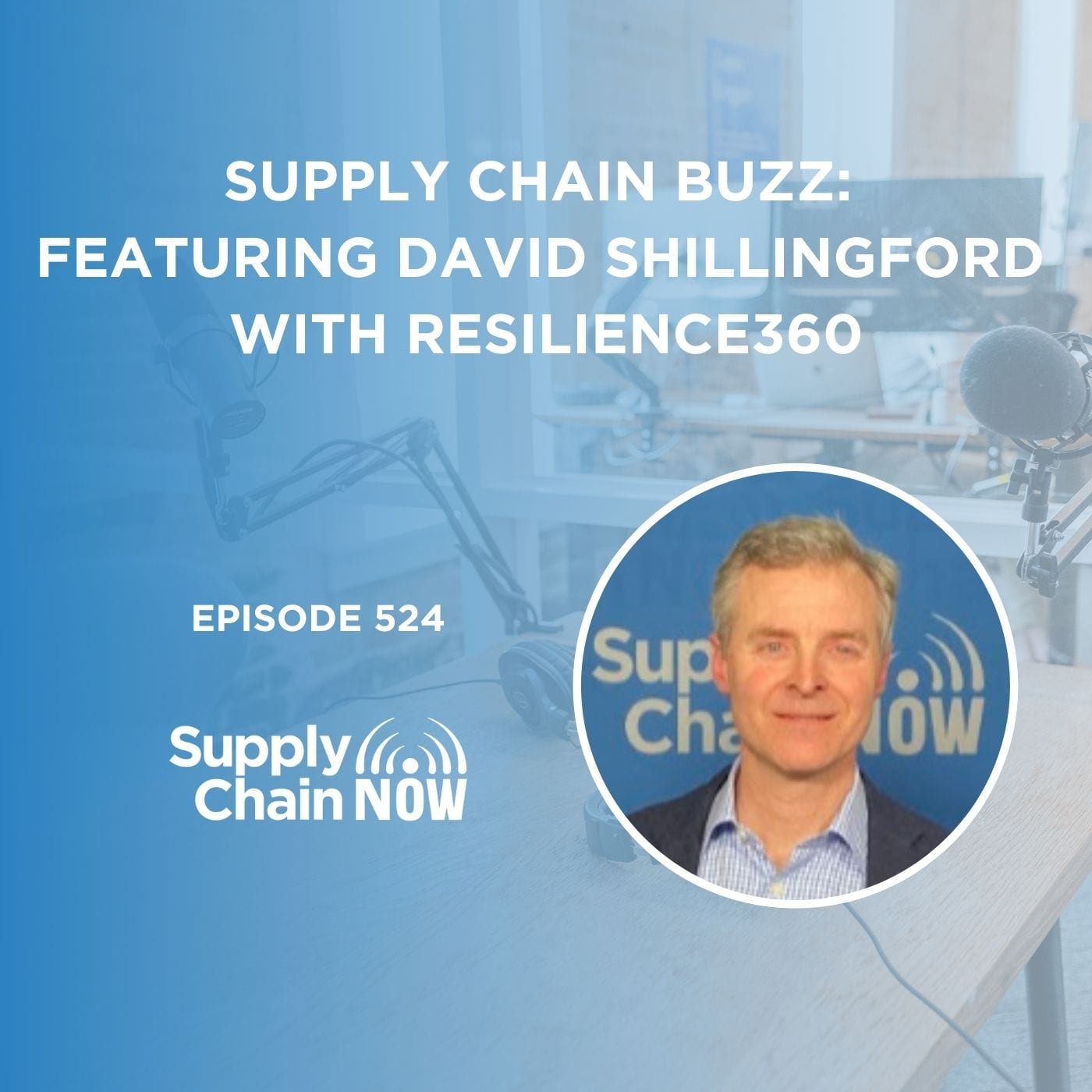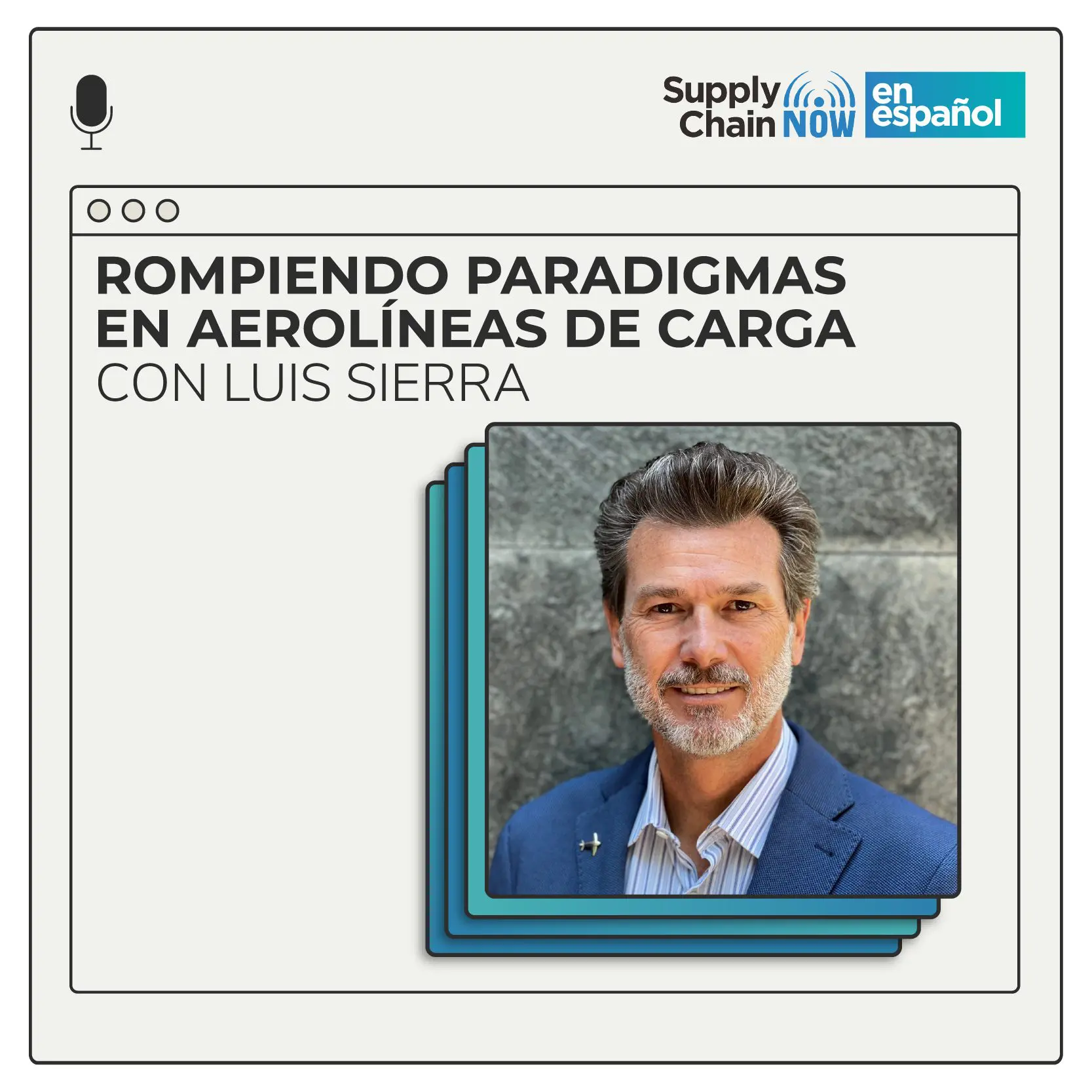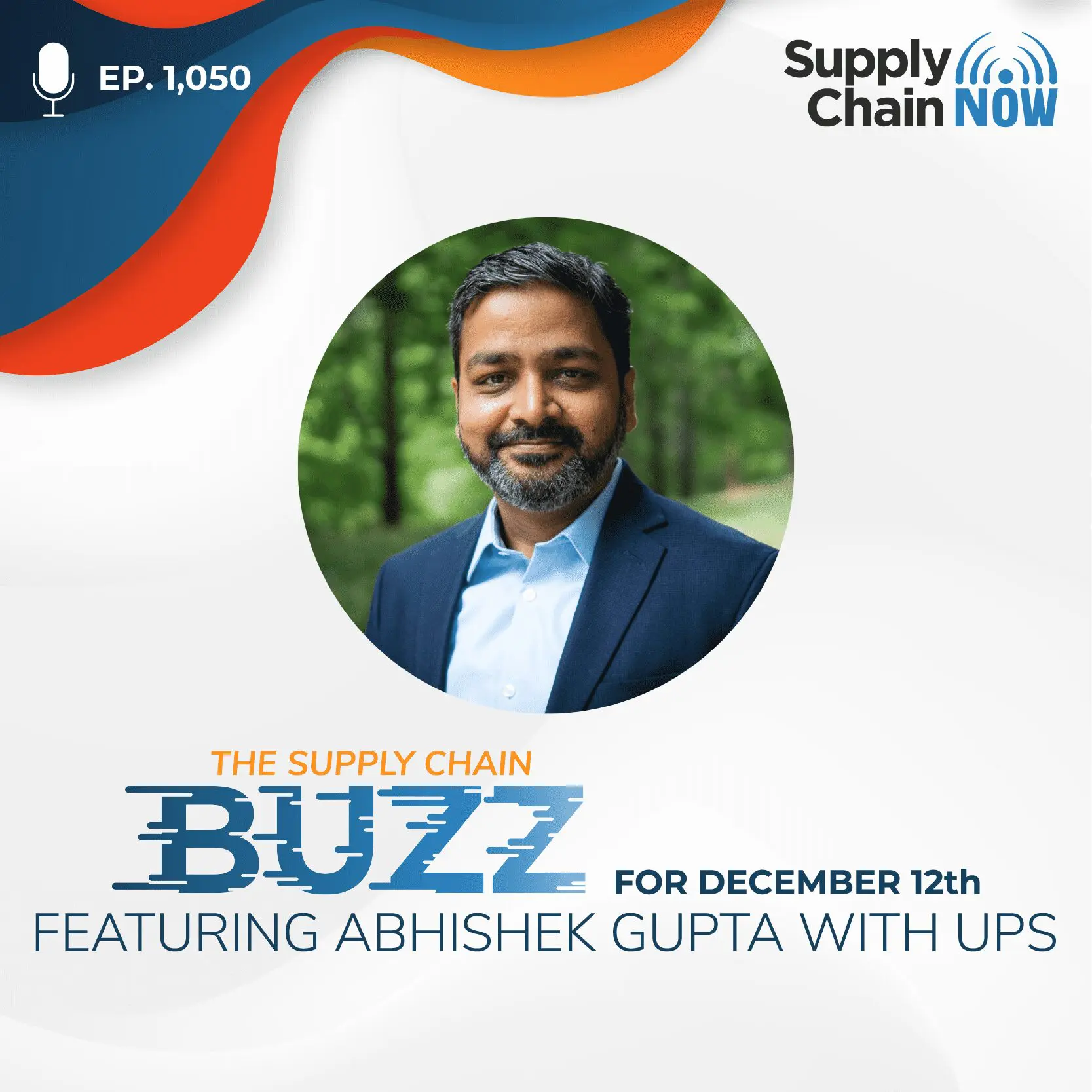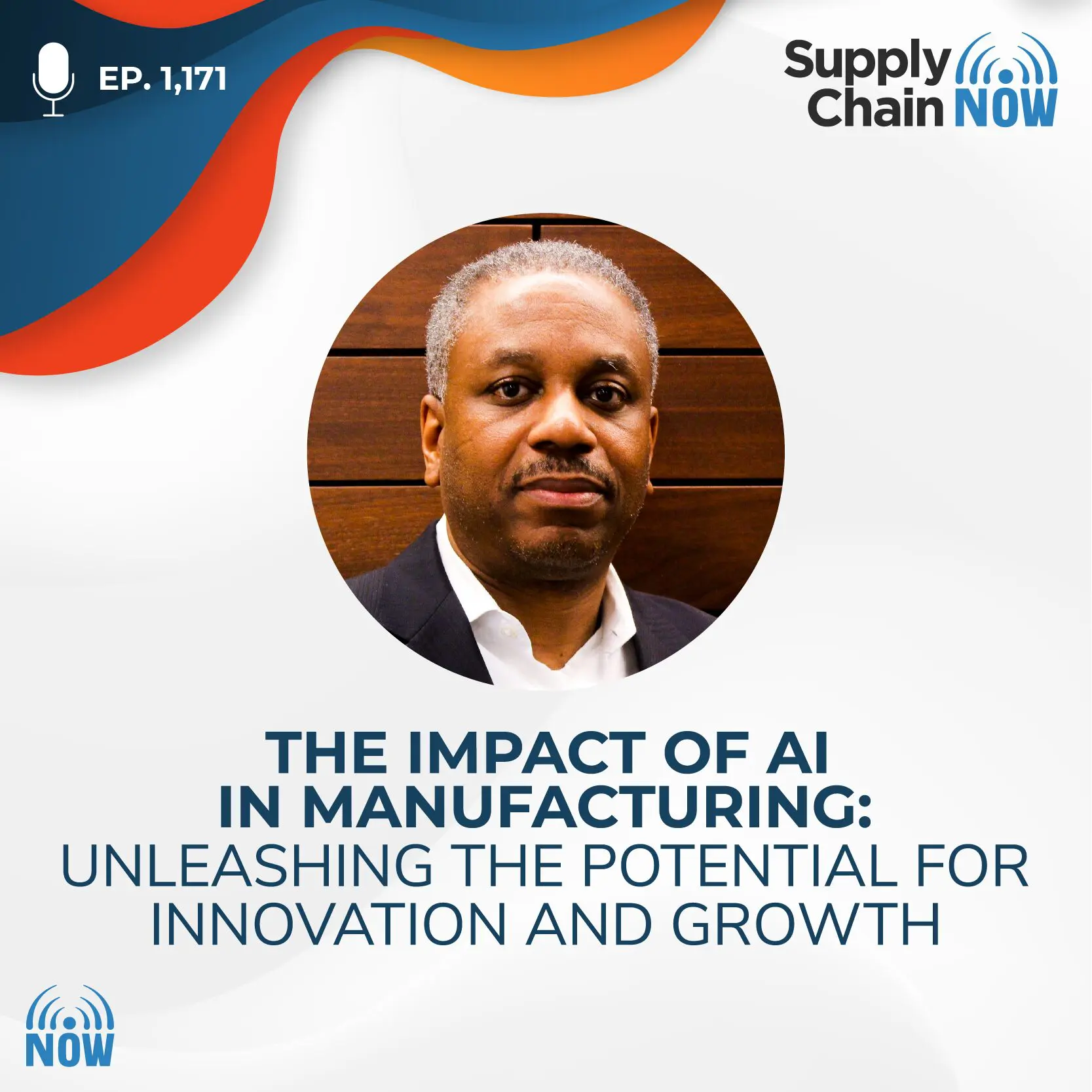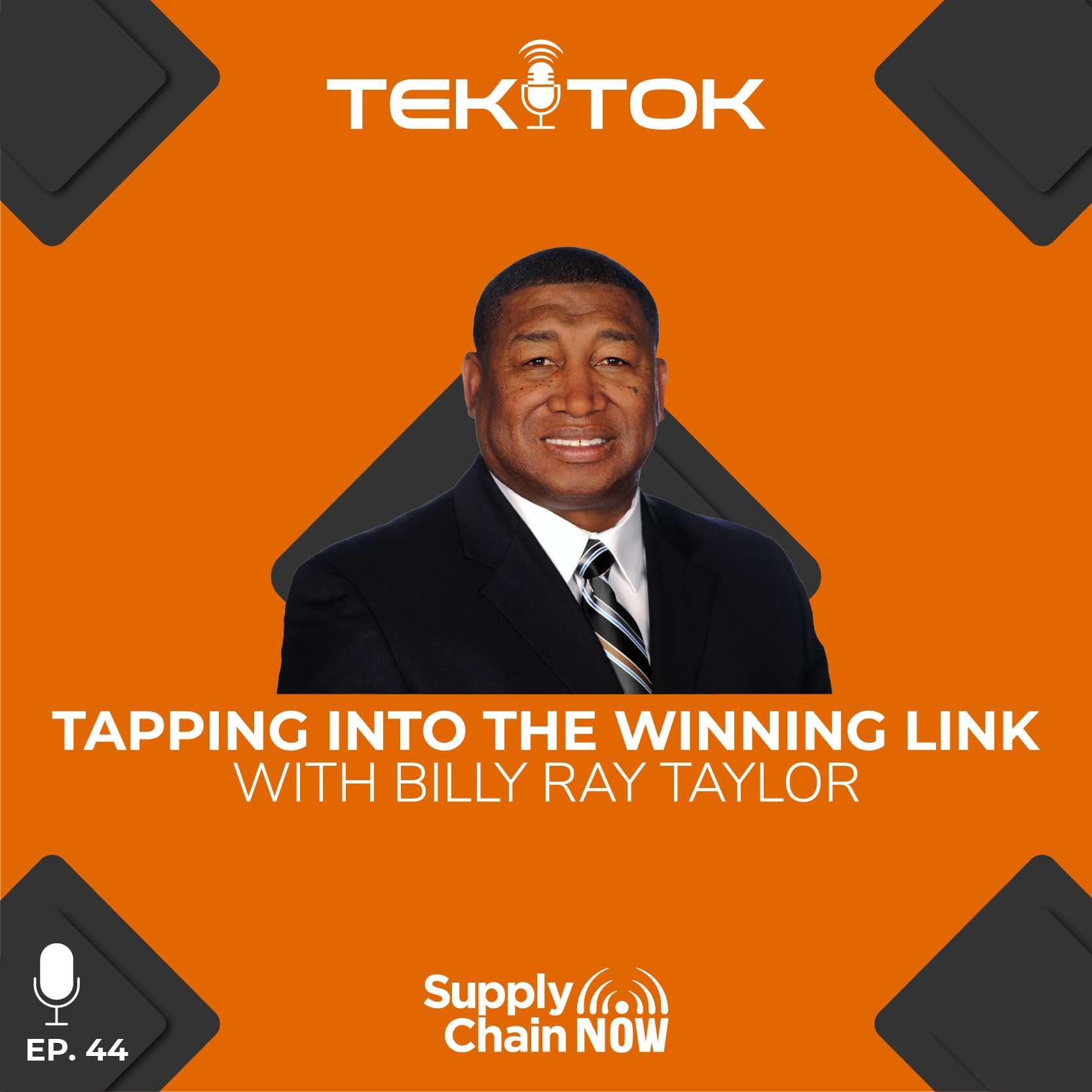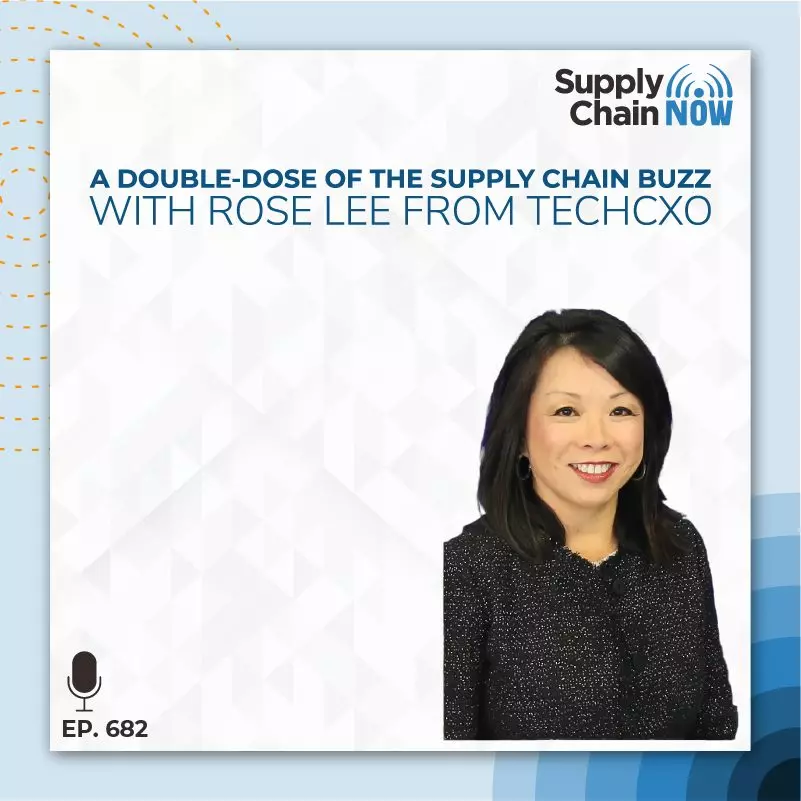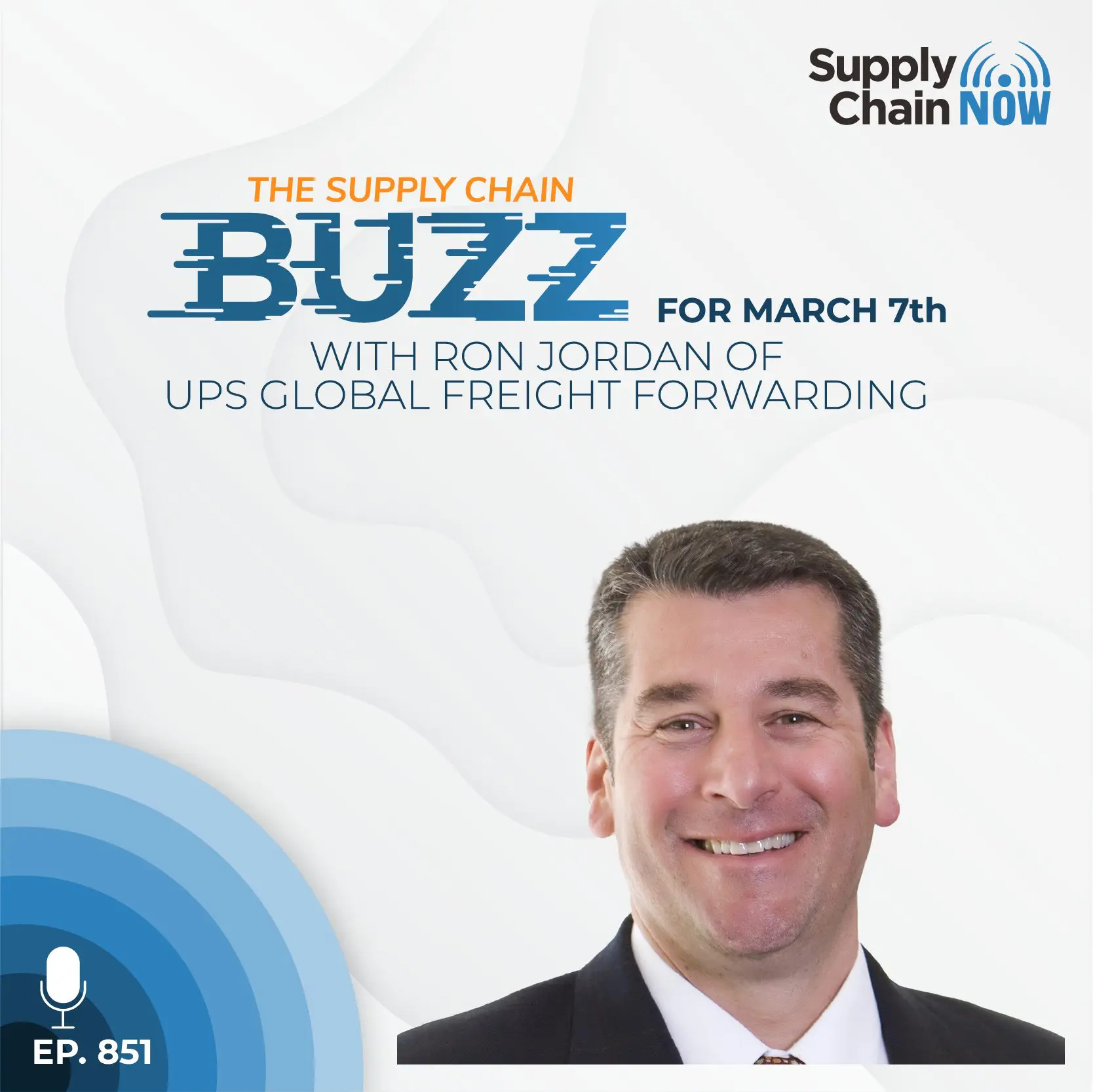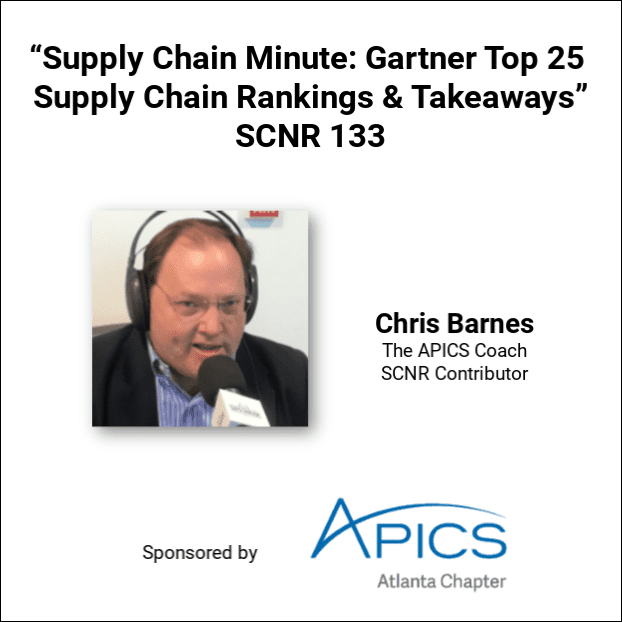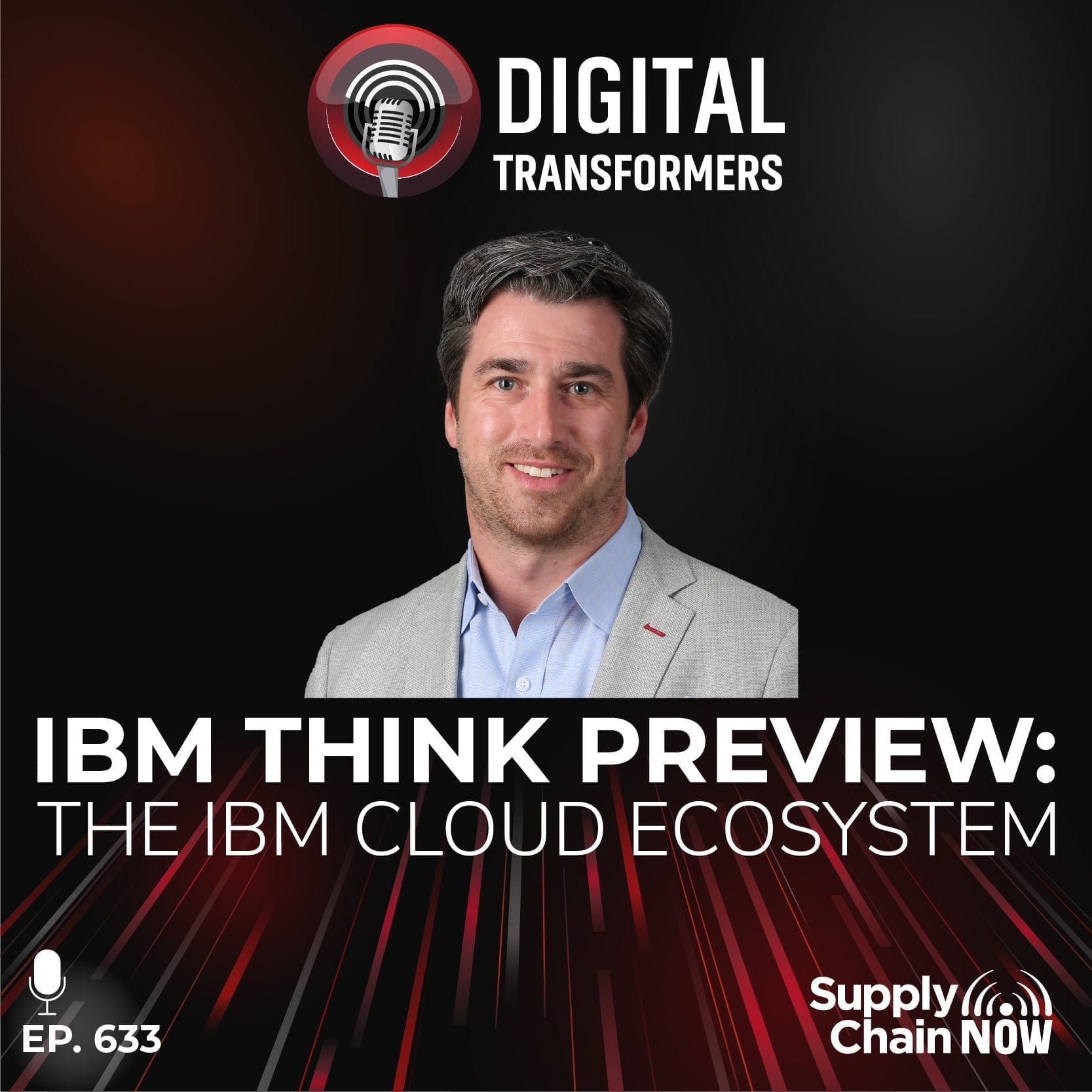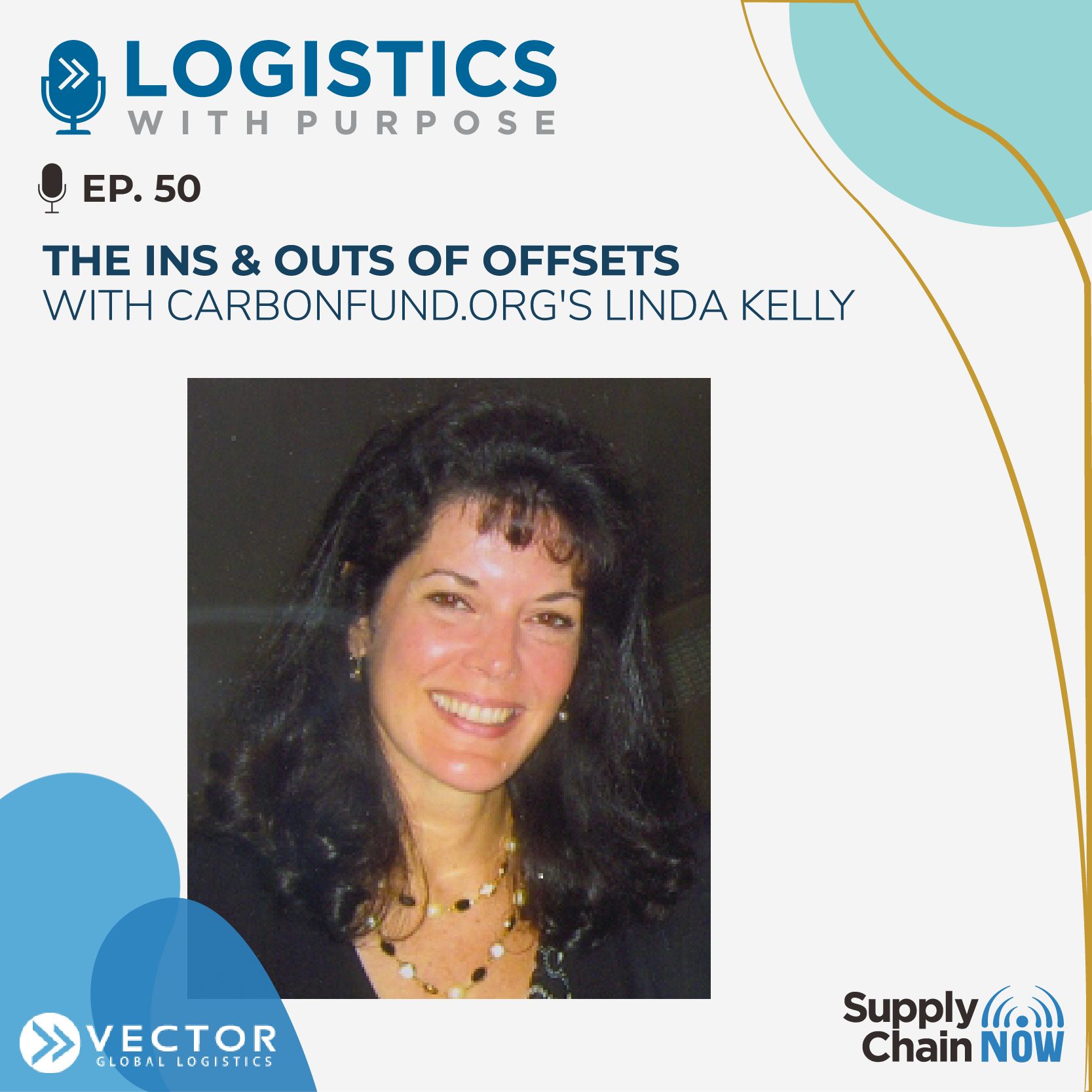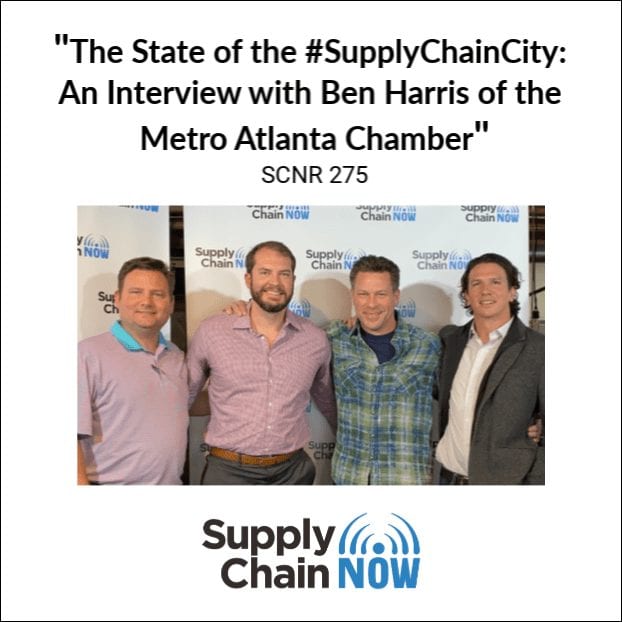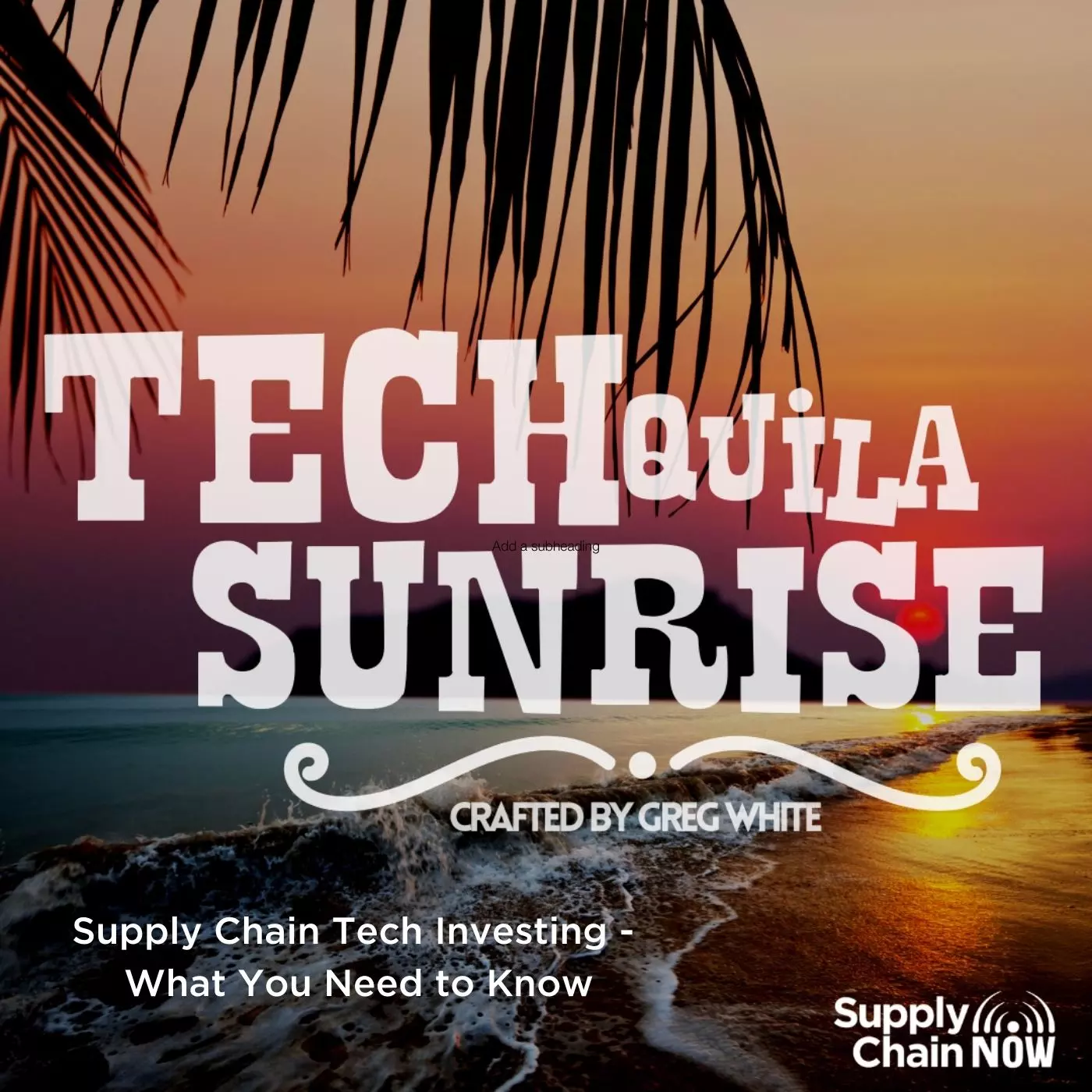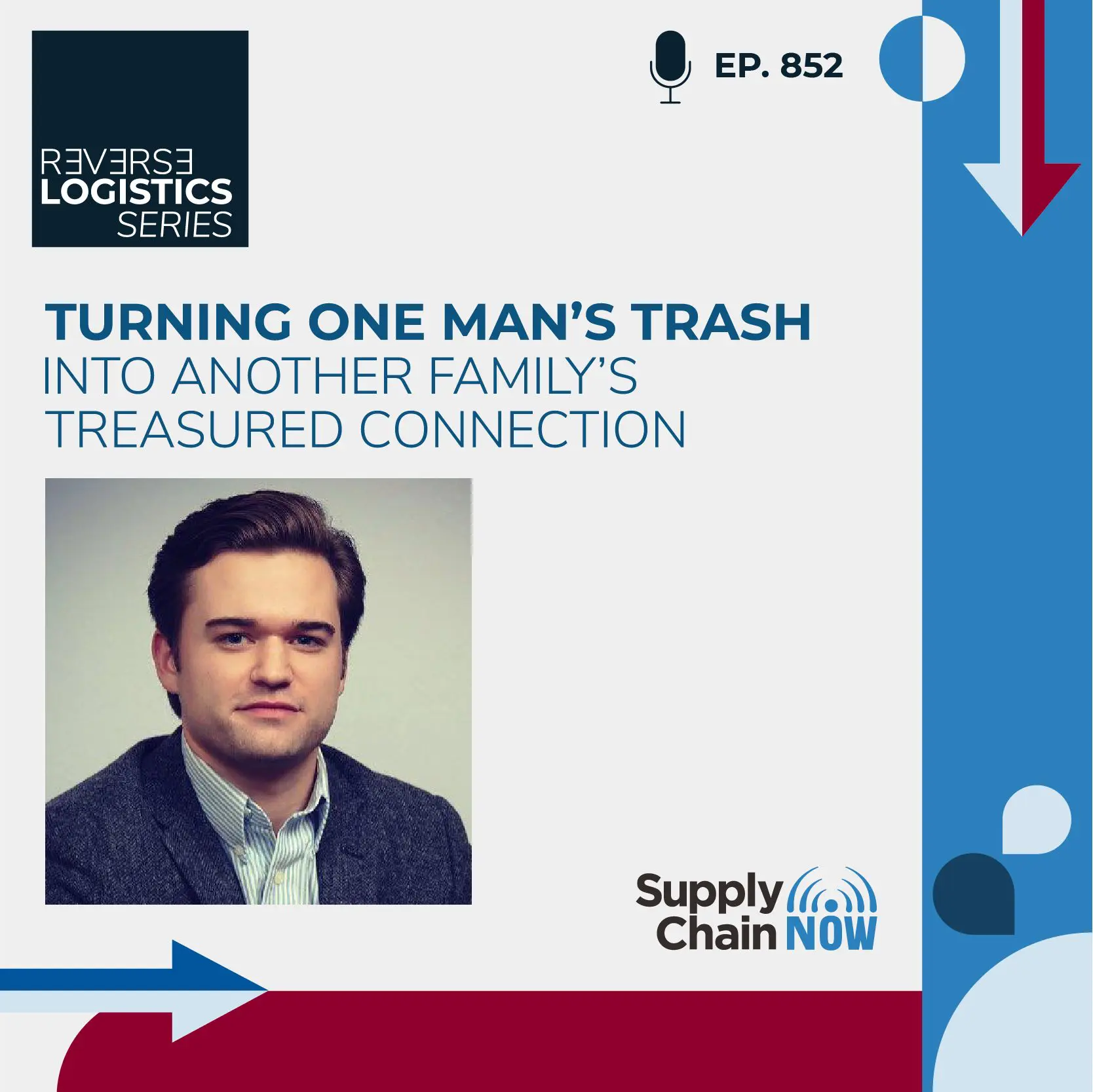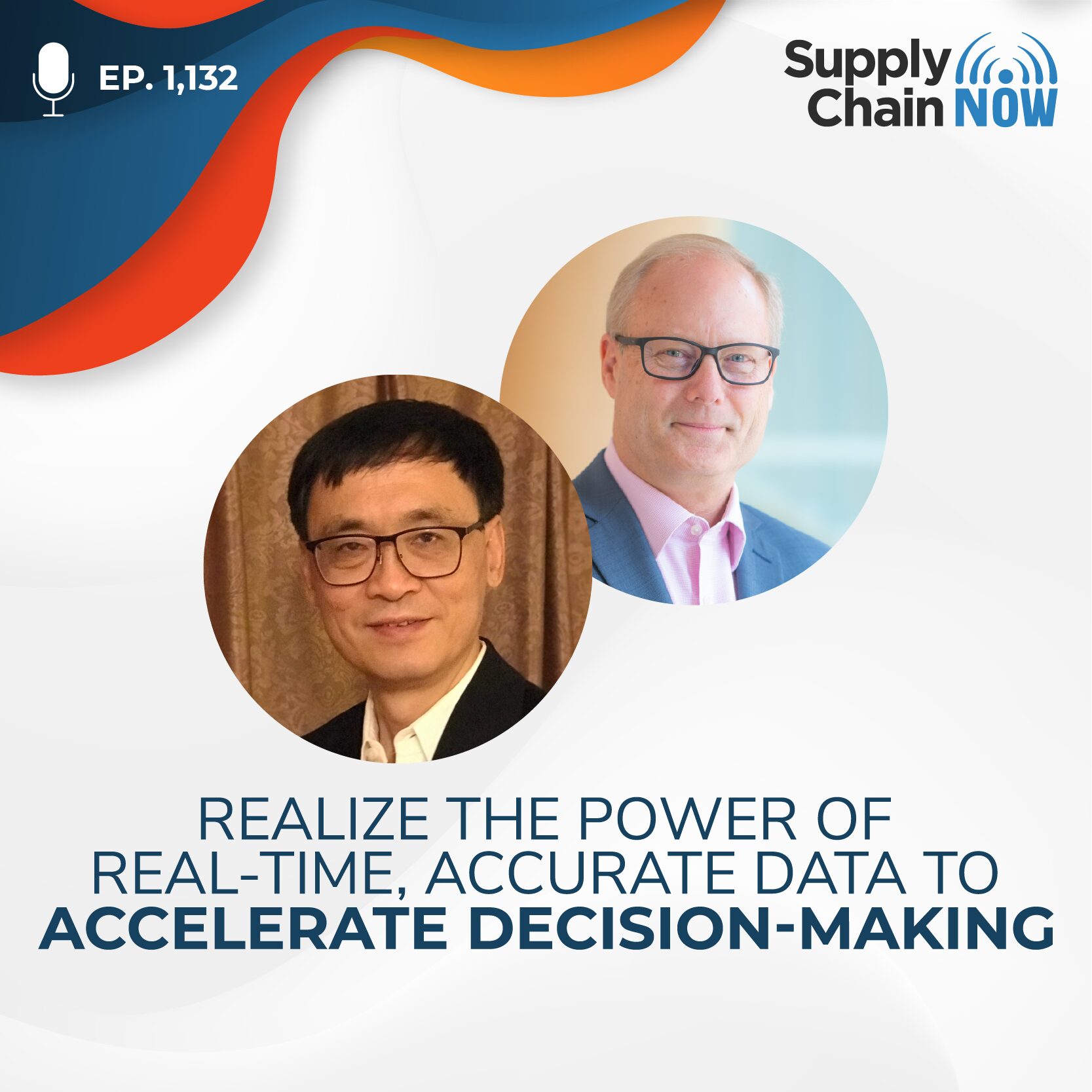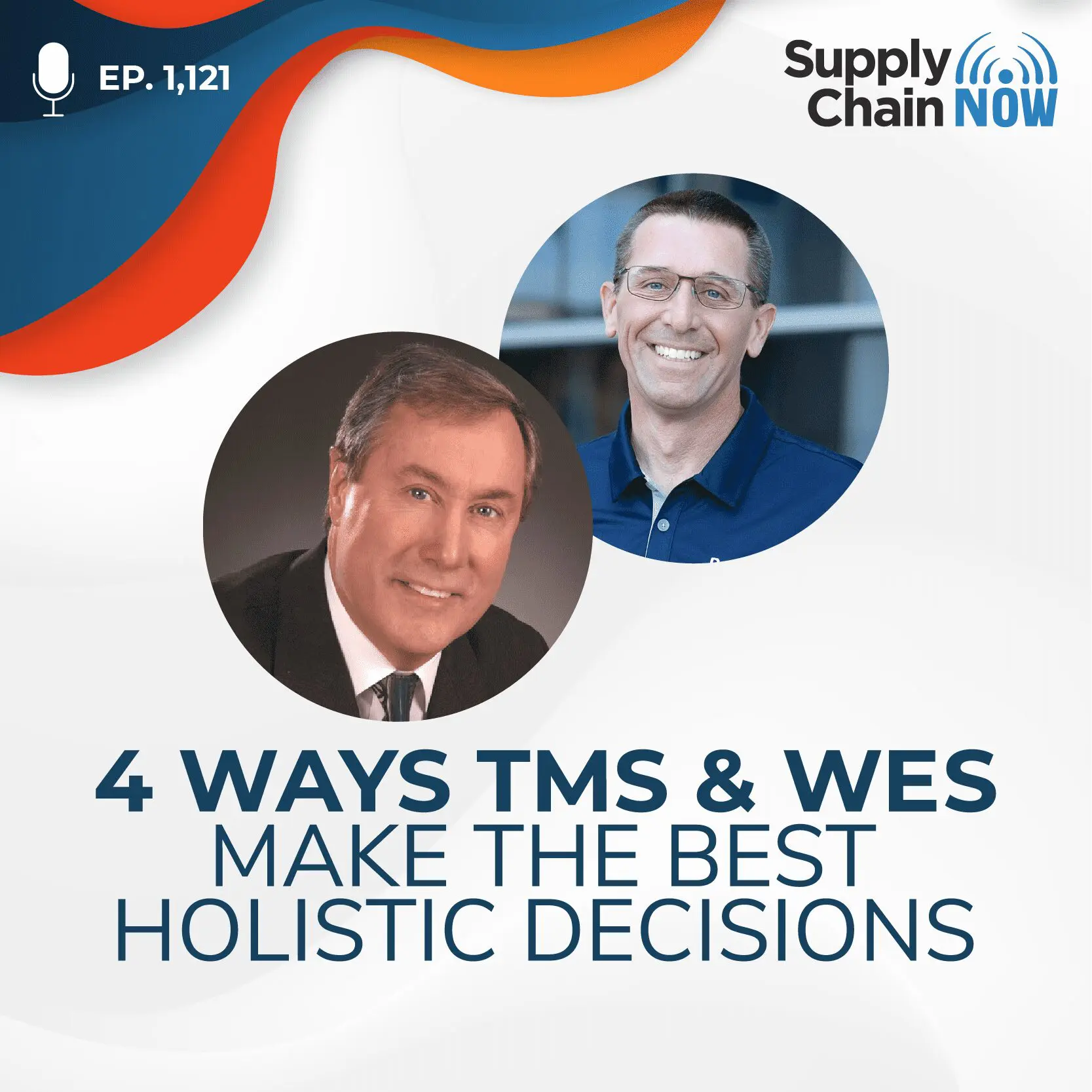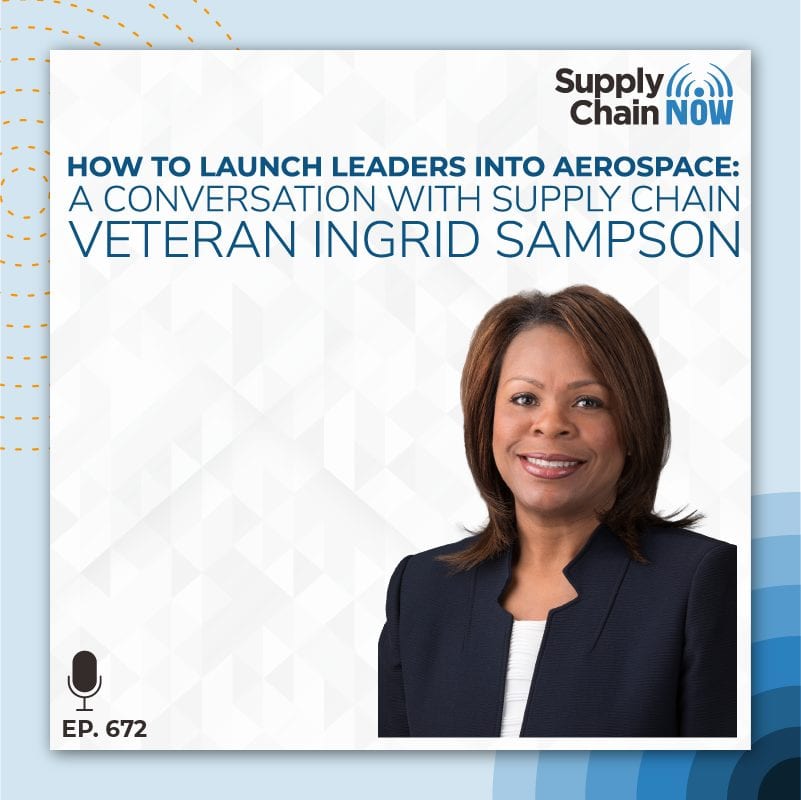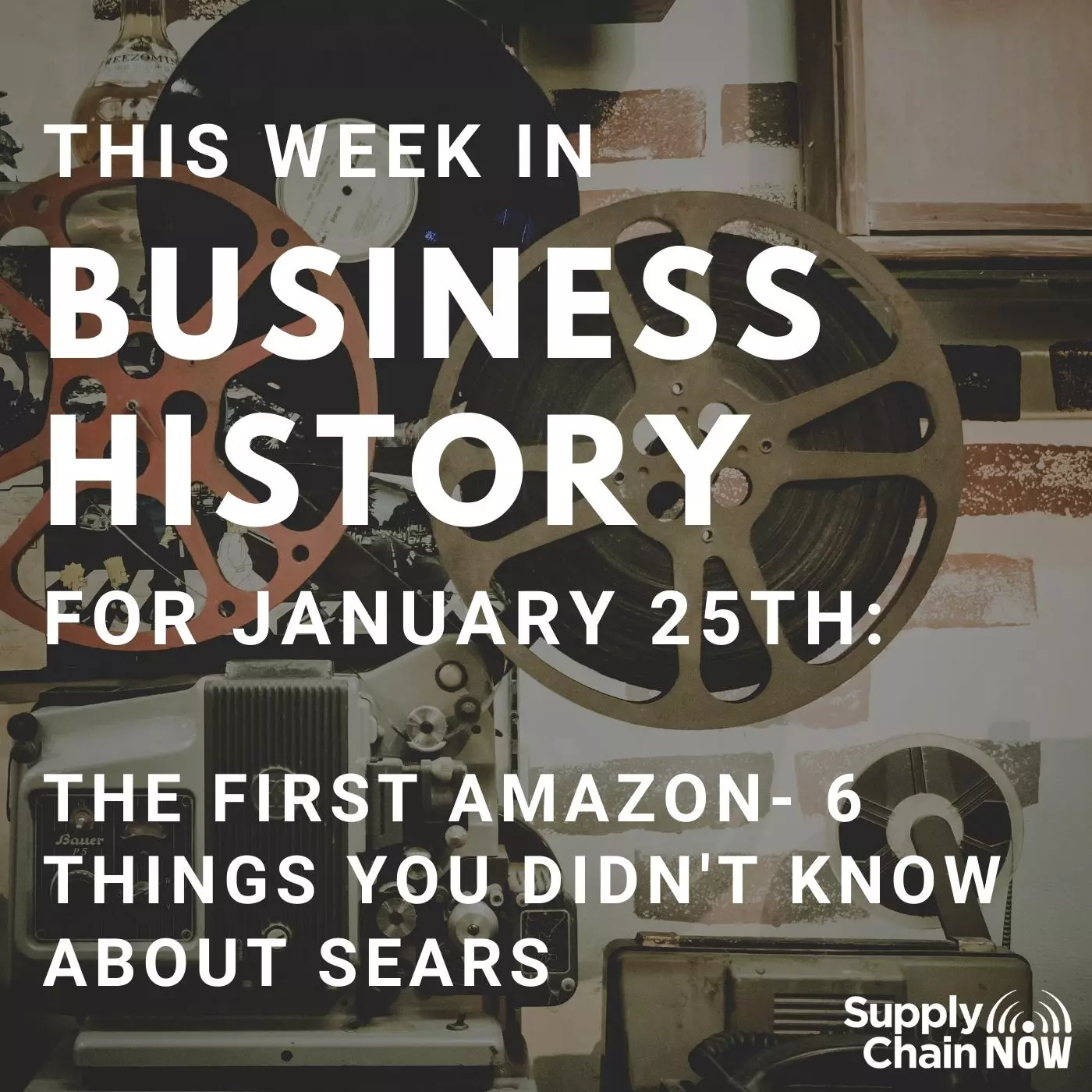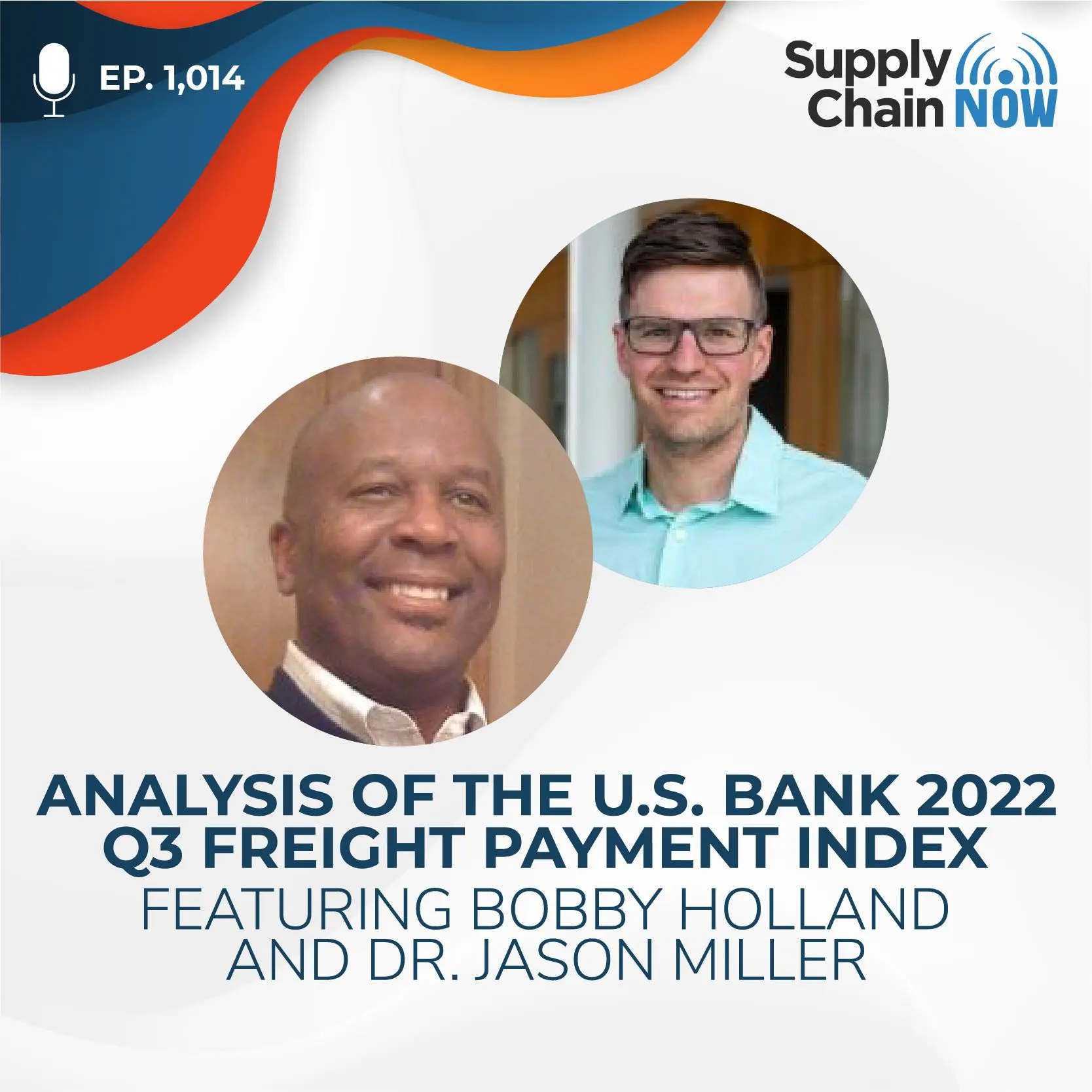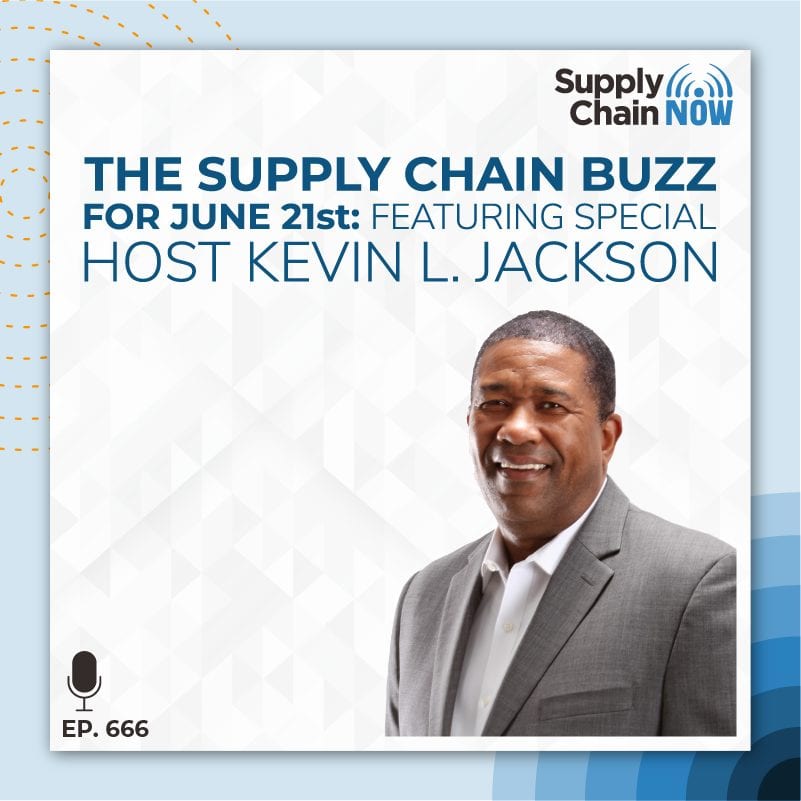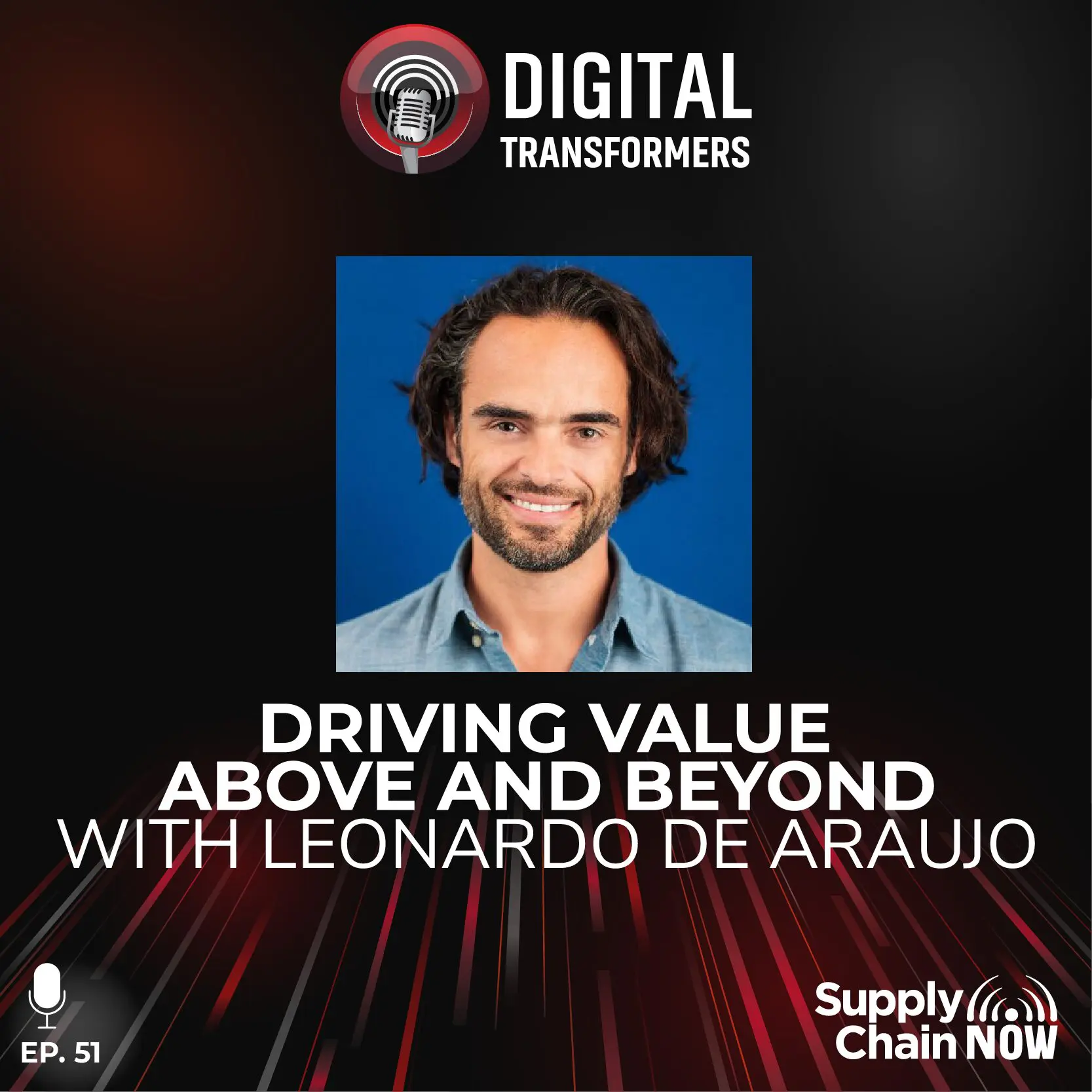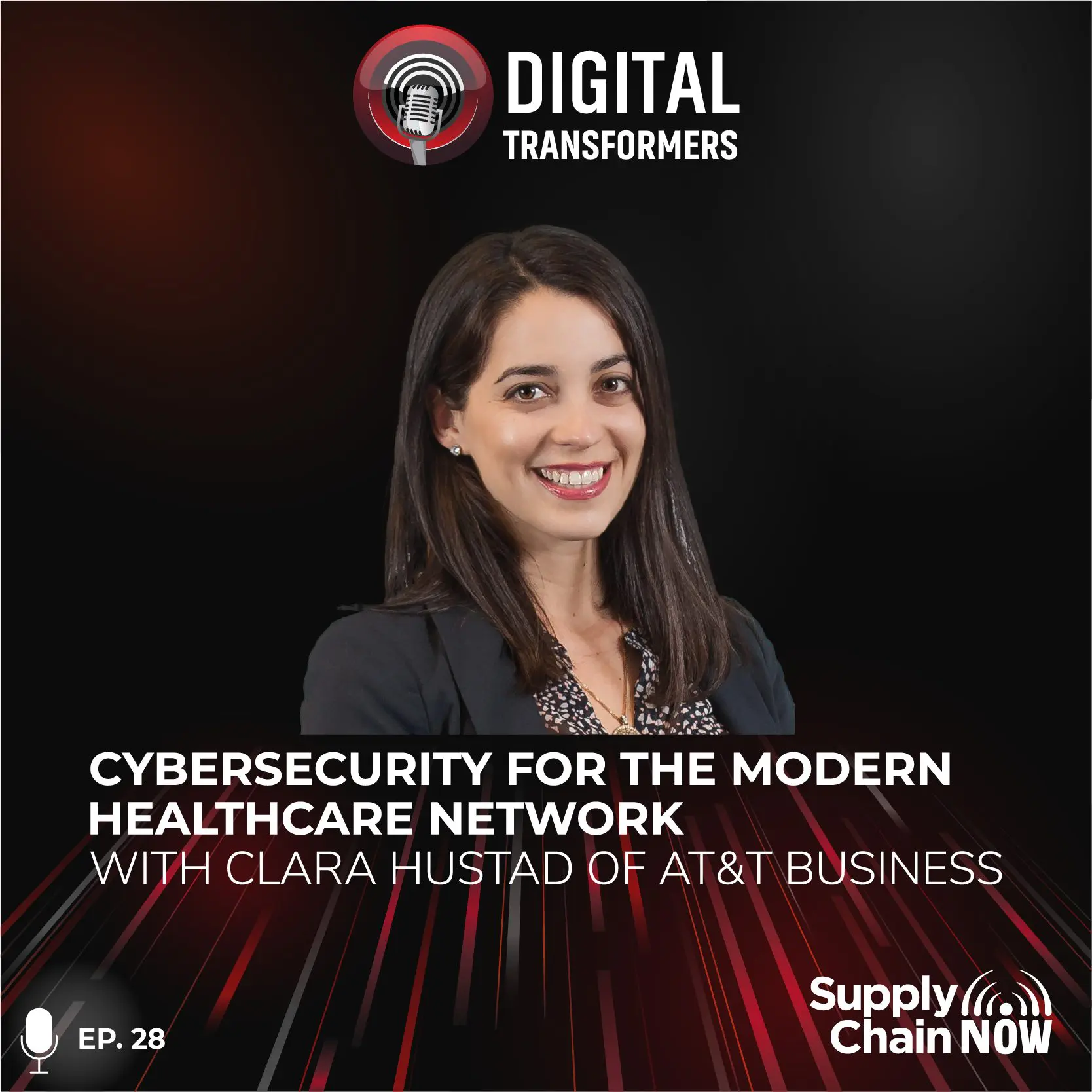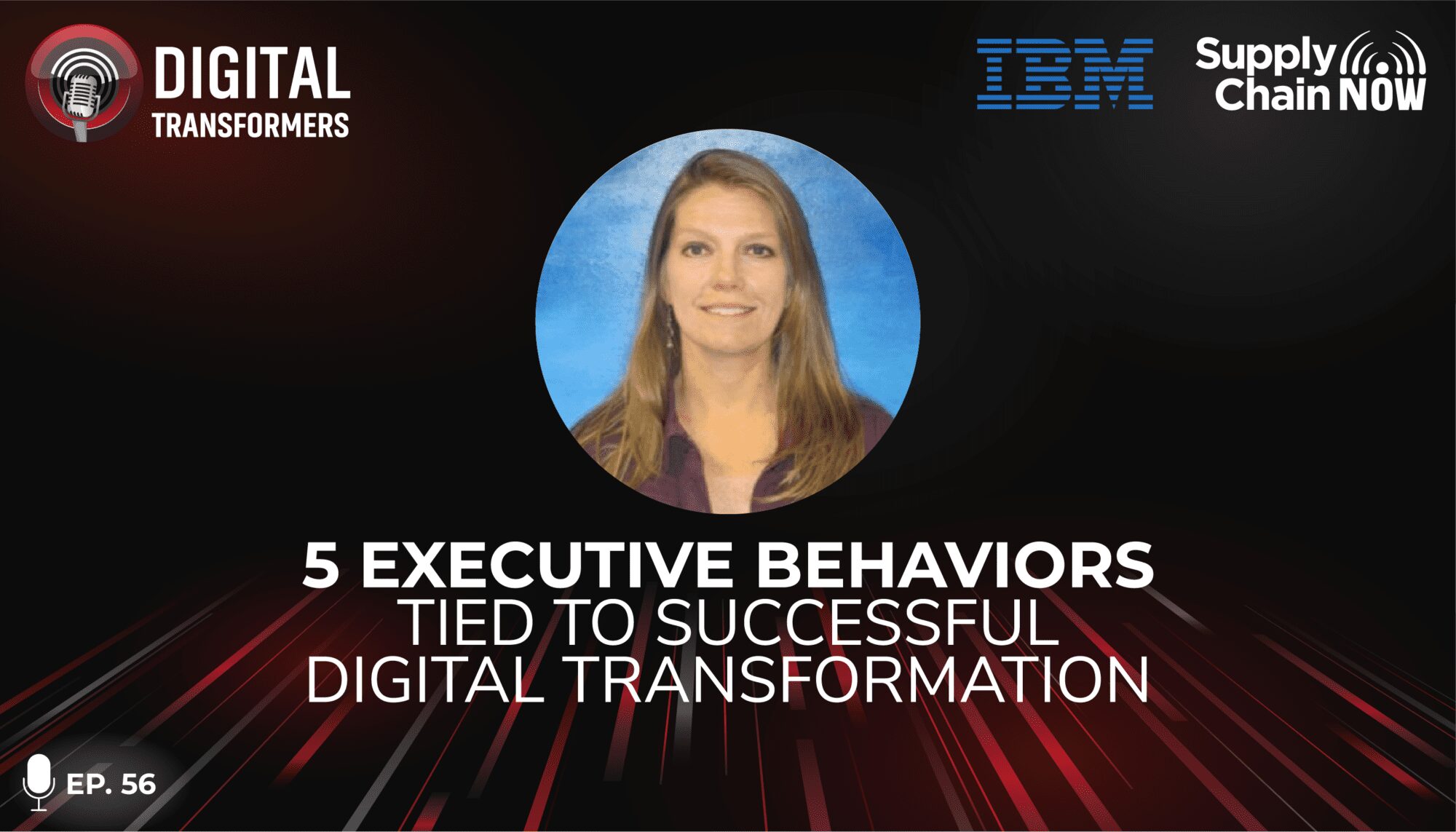
Successful executives really think about their transformation program. Their goals should be fully integrated as a natural part of their leadership style.
-Kristi Choate, Partner, IBM Consulting
Episode Summary
The promise of digital transformation sometimes leads companies to push hard for progress without realizing what it means for the people doing the work. When an implementation isn’t supported by an active change management effort, adoption and ROI may fall short of expectations. Kristi Choate is a Partner with IBM Consulting’s SAP Process Adoption practice where she develops end-to-end change strategies with clients and provides leadership and guidance for successful implementations. Listen in as she joins host Kevin L. Jackson – in person at SAP Sapphire in Orlando, Florida – to share five executive behaviors associated with successful digital transformation journeys.
Episode Transcript
Intro/Outro (00:01):
Welcome to Digital Transformers, the show that connects you with what you need to build, manage, and operate your digital supply chain. Join your host in a timely discussion on new and future business models with industry leading executives. The show will reveal global customer expectations, real world deployment challenges, and the value of advanced business technologies like artificial intelligence, blockchain, and robotic process engineering. And now we bring you digital transformers.
Kevin L. Jackson (00:32):
Hello everyone. Kevin L. Jackson with you from Sunny Orlando at the SAP Sapphire Convention. I’ll tell you this thing is huge. SAP has brought all of its top clients here to learn about the improvements of SI SAP and how they’re infusion AI into all of many of, of their products and, and helping companies in the transformation of their businesses. Uh, one of SAP’s key global partners is IBM and I happen to get the opportunity to have a few minutes with the IBM partner for get this F S C T S A P process adoption. So if you don’t understand what F S C T is, I have the expert right here to tell us all about it. Uh, Kristi Choate, thank you very much for joining us.
Kristi Choate (01:30):
Yeah, thank you so much for having me here today. I’m excited and also glad to be here in, in Florida, so, yeah, that’s a mouthful. It
Kevin L. Jackson (01:37):
It is. I mean, I Googled it and I couldn’t find it. So it didn’t come up.
Kristi Choate (01:40):
Didn’t come up. All right. Didn’t come up. So F S C T stands for Finance and Supply Chain Transformation. Ah, okay. In the, the reason for that is that, you know, IBM is dedicated to having the right conversations with business leaders. Mm-hmm. <affirmative>. And we find that we do that best when we speak their language and we know their processes. Okay. And so that’s why I focus on that supply chain finance process area.
Kevin L. Jackson (02:03):
What, there’s a huge linkage there, right? Finance and supply chain. That’s right. So, um, and you lead the practice on, on this?
Kristi Choate (02:11):
Yeah. We have a group, uh, here in the Americas that does, it says they’re process adoption. And so you can think of it as organizational change management and learning related to SAP implementations, cuz it’s really all about adopting those new ways of working. So we have about 70 practitioners in the US that that’s what we do. Oh. Because we have a philosophy that doing organizational change for SAP enabled modifications and transformations is different and has its own unique challenges and strategies that work.
Kevin L. Jackson (02:43):
That doesn’t sound like a technology practice, it sounds like more a human, uh, practice. Is that, is that true? You,
Kristi Choate (02:52):
You said it perfectly <laugh>. You said it absolutely perfectly. And so we spend our time with executives, mid-level managers, employees, and really, um, orchestrating that human journey. You said it perfectly.
Kevin L. Jackson (03:03):
Oh wow. So digital transformation from a human point of view. You got it. Do you like people? What prepared you? <laugh>? That’s what prepares for, for such a challenging role. I mean, technology’s easy. It’s the people that is, it’s hard.
Kristi Choate (03:20):
I think that’s true. Um, so for, we have people with a lot of different backgrounds in our practice. Personally, I have a background in industrial psychology. Okay. And, uh, I’ve been doing this for almost 26 years. And what we found early on is that oftentimes people pushed really hard for the technology and didn’t think about what did it really mean for people to adopt those new ways of working. And not just understand the tool, but understand how it orchestrated their, their business from an end-to-end perspective. And so, I, um, excuse me. Those early, those early efforts <laugh> where post go live, you had a lot of very scared people, a lot of people that felt knocked to really their competence and their confidence, um, was a, was a, a learning point for me and really inspired me to look for ways to do that differently and better.
Kevin L. Jackson (04:07):
Well, when, when your executives give you a deadline and you feel that you may not hit that deadline, I mean, there are people to go jump off buildings because of that.
Kristi Choate (04:17):
Oh goodness. <laugh>, we don’t want that. Well, the, the, the nice thing about the, for, for me, yeah. The nice thing about SAP enabled transformation is there’s a predictable timeline. And we, from an IBM perspective, have a, a methodology around how we manage that change process. And so we want to be able to orchestrate it as a journey mm-hmm. <affirmative> and not, not be so intimidated by just that one goal live date. Okay. But understand how we can ease people into new ways of thinking and having a new mindset or mentality about how they collaborate, for example, um, that makes them, you know, not so, not so trepidatious Okay. About that day.
Kevin L. Jackson (04:56):
Well, I mean, when people mostly think about digital transformation, it’s all about the data, right? Mm-hmm. <affirmative>, getting the data, collecting the data, viewing the data, getting visibility in your business process through, uh, data. But I, I gotta hint that you may see digital transformation in a different way. Uh, is is it really all about the data? What, what, what is from your point of view or from your customer’s point of view Yeah. What is digital transformation from your practice?
Kristi Choate (05:30):
Yeah. And so it’s, um, it’s funny because it it, I bet if you had someone sitting on this couch that they were a data expert, they’d say it’s all about the data. Yeah. If you had someone sitting here that knew analytics, it’s all about, you know,
Kevin L. Jackson (05:42):
All
Kristi Choate (05:42):
About the analytics and if you had someone sitting here with security, you know, and so goes the story. So you happen to have a person sitting here who has an expertise in the people management side of things. Okay. And so I, I do believe all of those components work hand in hand. And that you have to have a solution that works, which, thank goodness SAP has solutions that have embedded best practices, right? And the solutions themselves will run most businesses out of the box. But as we move to more of those out of the box style solutions, it actually means more change to the people at the organization. So 20 years ago, if someone said, oh, we’re gonna, we’re gonna move to sap, they customized it quite a bit. Okay? And they tweaked it to work the way their processes work today. Or they tweaked it because you were powerful in a certain part of the world and we were gonna do the process, you know, your way.
Kristi Choate (06:33):
Um, and they really suboptimized the software and they suboptimized their own, their own processes. But if you think of the opposite, which is we’re going to take us the sap, call it out of the box, right? So we’re gonna use SAP cloud and we’re gonna let it drive the way our organization runs for the most part. Mm-hmm. <affirmative>, now we have to engage the, the human side in a very different way. Um, I’ll give a couple examples. Yeah. So one would be, think about it from an executive perspective. If you, uh, if you have the, this intent to move to standard harmonized processes throughout the globe, right? You can imagine a couple people are gonna push back. A couple of people are gonna think absolutely. You know, why are we doing this? And you need executives that have that, that fortitude, that have that true visionary perspective and that that passion to over a, a year or multi-year journey to stand strong behind those, those key decisions that, that move you towards standardization.
Kevin L. Jackson (07:33):
So it, it, it sounds like, you know, the executive has to be strong. How, how does making decisions like moving s a p in a cloud really, um, impact change adoption across an organization? I mean, it, it is a, is it a, you know, horse, uh, you know, chicken before the egg or <laugh> egg before the chicken? Um, do you have to make sure the executives force it onto the employees? Or is it an uprising from the employees <laugh> to make all this happen? Uh,
Kristi Choate (08:12):
That’s a tough one. The, um, we used to, we used to talk, you may like this concept. We used to talk a lot about this idea of commitment versus compliance. Okay. And it’s one of those concepts where even though it’s been around for a long time, it still applies in the world of digital transformation. Okay. And there are some people in your organization, in any organization, usually at your executive and leadership levels that you want to, you wanna put in the effort to build that true commitment mm-hmm. <affirmative> to that change. You want ’em to understand the business case, why you’re moving in that direction, how it positively influences the company. And you want that passion, like the hearts and minds behind it. Yeah. Yeah. Yeah. And there are other parts of the organization where it is, it can be more of a, I’ll call it a compliance perspective, where, you know, I’ve worked a lot with people in a, in warehouses, and really, they just wanna know what to do and when.
Kristi Choate (09:02):
Yeah. They don’t care why they don’t, they don’t care why <laugh>. And, you know, they don’t, they, they care why? Because it’s, this is the way we do things today. And, you know, they just want their supervisor to tell ’em a couple weeks ahead of time, it’s coming mm-hmm. <affirmative>. Um, and so it’s, it’s a mix. It’s a mix in the, the art and, you know, a little bit of science. Yeah. But the art of what my group does and what I do is how do you, how do you orchestrate that in a meaningful way for, for the organization at hand? So
Kevin L. Jackson (09:28):
The executive has an important role.
Kristi Choate (09:29):
Oh, absolutely. They do. And, um, you know, it’s funny, one of the things that’s you, you, you get right to the heart of the matter because <laugh>, you, you very good at this. The, one of the things that I’ve been asked a lot more recently Yeah. Than maybe I had in the past, is how do successful executives behave? How do they behave differently when these, uh, SAP transformations go well versus maybe when they have some issues? Right. And we’ve, we’ve worked within our, within IBM to distill it down to about five behaviors. Okay. And I’ll share ’em with you. Yeah, yeah. Now, and we’re
Kevin L. Jackson (10:04):
Gotta know the good executives on the badge. That’s right.
Kristi Choate (10:07):
And this is, this is what, you know, these what you have to look for. This is what you have to look for. This is take notes, take notes, <laugh>, and this, and, and this is what you wanna inspire. Okay. You wanna make it explicit to the organizations. Just you, we, we oftentimes talk with our executives and say, Hey, these are the, you know, the things that work. And one of them is this idea of working as a, as a a as a group as opposed to a set of individuals. Okay. So you for like a team, like a team. And so you don’t want your chief financial officer as an example, optimizing for finance. Mm-hmm. And being, um, not close-minded necessarily, but maybe not thinking about the implications to the supply chain or not thinking of the implications to marketing. Mm-hmm. For example. And so healthy organizations, their executive team really does discuss and debate together Okay.
Kristi Choate (10:53):
The greater good as opposed to optimizing any one component. And then the second of the behaviors, which is, um, somewhat similar, is good executives are able to, to know when someone else should have the decision rights, a global process owner. Okay. Or someone, a regional leader, someone that’s involved in the SAP transformation on a day-to-day basis. Because when things get executive, get escalated to the executives. Right. It’s usually the tough stuff. <laugh>, you know, it’s not the easy, should we adopt what SAP has? Yes, you should. It’s the tough decisions that are cross processed or go against, you know, the way things have always been done here. Right. Right. And so the culture. Oh, absolutely. Absolutely. And so the, that second behavior is executives that realize that when the decision comes to them, it’s gonna be tough mm-hmm. <affirmative> that they need to take it under, under, you know, with the, with the seriousness.
Kristi Choate (11:49):
But they also have to make decisions pretty quickly in these transformations, you know, to keep the, get that deadline you and I talked about earlier. Um, the third one. Yeah. The, the third behavior. This is one of my favorites. So I, I usually smile a little bit as I described this one, but, um, successful executives really think about how the transformation program and, and their goals from an SAP perspective should be integrated as a natural part of their leadership. Well, what do I mean by that? What I mean by that is they don’t wait for someone else to say, here are your talking points. Oh, okay. Please go share them. You know, they don’t wait for someone to, um, in interpret things for them and specifically, you know, assign cascade this to your leaders, you know, kind of a thing.
Kevin L. Jackson (12:33):
It kind of becomes part of your leadership style. Is that what you’re saying? That’s
Kristi Choate (12:36):
Exactly what I’m saying. Okay. That’s exactly what I’m saying. And so they, so those, those executives that realize every opportunity that they have when they’re interacting with their peers Yeah. Or interacting with their organizations or interacting externally, is an opportunity to market what’s happening and help people understand some of those changes that are coming.
Kevin L. Jackson (12:56):
So they’re teaching constantly teaching.
Kristi Choate (12:57):
They’re teaching, they’re teaching, they’re setting expectations. They’re teaching. They’re, they’re leading <laugh>. They’re leading
Kevin L. Jackson (13:03):
<laugh>.
Kristi Choate (13:03):
They’re leading novel concept. I know.
Kristi Choate (13:06):
Yeah. Um, and then the fourth and the fourth one is, as you can imagine, tons of organizations are trying to do a million things at once. Yeah. Yeah. And, um, executives in where we see the most success haven’t have the ability to see what’s a, what’s competing and what’s complimenting what, what other efforts or what other projects or what other investments, um, might progress them forward from a, an SAP transformation versus be a bit of a distraction or
Kevin L. Jackson (13:35):
Resources. Sounds like prioritization. It is. Okay. Nobody likes to prioritize,
Kristi Choate (13:40):
Don’t they? <laugh>,
Kristi Choate (13:42):
<laugh>.
Kristi Choate (13:44):
I think you’re right. It’s hard to say no. Yeah, I know. It’s hard to say no. Um, but sometimes you have to say no. Um, other times you have to say, wait a minute. Uh, I’ll, I’ll give an another quick example. Yeah. I had a client that decided to undertake a variety of changes at the same time, including an SAP implementation and a Salesforce implementation simultaneously. Okay. A lot of stuff at once. That’s
Kevin L. Jackson (14:05):
Yeah. It’s a lot of ch change across,
Kristi Choate (14:07):
So it’s a lot of change and it can hit some of the same players. Yeah. In that instance, it wasn’t a matter of saying no or stop. It was a matter of saying, okay, how do these things mutually exist? How do we set our timelines mm-hmm. <affirmative> so that they make the most sense so that they aren’t introducing too much risk or too much change at the same time. How do we make sure that we’re, we’re doing from an SAP perspective sets up data. Yeah. Okay. Six For success. For success
Kevin L. Jackson (14:34):
In Salesforce. Right? That’s right.
Kristi Choate (14:35):
You got it. Right. Okay. Um, one more? Yeah. I said five. I feel like I have to complete the story <laugh>
Kristi Choate (14:40):
Now that I said hi. Okay.
Kevin L. Jackson (14:42):
Okay. Okay.
Kristi Choate (14:42):
So the, the fifth one is really, um, I call, I call it don’t blink.
Kristi Choate (14:47):
Oh. And we were talking about this a little, I kind of alluded to it earlier. Yeah. Yeah. So in those, in, it’s that idea again, of, in that moment when someone says, Hey, wait a minute, I’ve heard that, that the, you know, we have this e R P transformation coming in and, and we’re gonna be able to automate 70% of our journal, journal postings. Mm-hmm. <affirmative>, that seems crazy to me. And if they, you know, run to the, the chief financial officer and he or she says, oh my gosh, there’s no way it could be 70% <laugh>. You know, it’s, it’s that leadership in that moment, you know, that can really propel us to success or, you know, make it a little bit harder for us to move forward.
Kevin L. Jackson (15:22):
So, so, so don’t fail in your commitment. Right. Don’t
Kristi Choate (15:25):
Fail in your commitment. Don’t blink.
Kevin L. Jackson (15:28):
So all of these are great, but in the end, every executive is measured on the value that they are delivering to the organization, that roi. Um, so, but many times you do these huge transformations, changes, you know, adoption of SAP and the ROI doesn’t really come and that executive gets fired. They, they may have all those five points you’re talking about. They may have
Kristi Choate (15:57):
<laugh>, but
Kevin L. Jackson (15:58):
In the end, if the ROI doesn’t, uh, ROI doesn’t get in there, then the ex executives. So, um, what’s standing in the way of some of these executives that, uh, with respect to roi?
Kristi Choate (16:11):
Yeah. Yeah. Let, so I’ll look at it first just from a, I’ll, I’ll brush the surface a little bit from a technical perspective, but I’m gonna focus on that human side again.
Kevin L. Jackson (16:20):
Okay. <laugh>.
Kristi Choate (16:21):
Um, so we, there are instances where people still do look to customize the system, which ultimately makes it, um, uh, it adds expense to the process. Mm-hmm. <affirmative> of getting to the solution and then adds ongoing expense to the cost of ownership of that system. Oh. Uh, you mentioned data earlier. Yeah. You know, messy data and really
Kevin L. Jackson (16:40):
Cleaning that data, cleaning
Kristi Choate (16:42):
The data, or not cleaning it, and then trying to function and get to that return on investment when you don’t have the, you’re not feeding the engine. Yeah. Yeah. The information that it needs. Um, and then there, there are some, you know, components around performance. We had a client go live recently where they just, the, the volume of information that was going through their SAP system was, was really bogging down the operation. All those things can erode your return on investment.
Kevin L. Jackson (17:08):
Uh, trust too erode.
Kristi Choate (17:09):
Oh my gosh. Trust they absolutely. Um, which gets us to that human, you know, that human side of it. Okay. Okay. And so, you know, you can have working system fabulous data. Right. You know, performance. And if people don’t know what they’re supposed to be doing or don’t believe in what they’re supposed to be doing mm-hmm. <affirmative>, uh, you won’t get to that return on investment and you won’t get to that baseline to be able to build AI and embedded workflows and things, um, on top of it. And it reminds me of a little short story. Yeah. I’m trying to tell this a short story. Cause we had a IBM and SAP co-sponsored an executive forum recently here in Florida. Okay. South of here, but here in Florida. And one of the big topics that people kept talking about was this idea of, some people called it the sticky middle. Have you heard this?
Kevin L. Jackson (17:55):
Okay. The sticky middle. Okay. The sticky
Kristi Choate (17:57):
Middle or the frozen middle. No. Um, it’s all about that middle level of operational management. Okay. And the key role that they play in getting to that return on investment and getting to that ultimate goal. Hmm. And so, um, we’ve, we, we talk a lot about what are the strategies and tactics that unfreeze that middle or un sticky that Okay. Unstick that middle. And a couple, a couple things that we’ve done with some of our recent clients. I, I worked with a company that had, uh, um, they created a forum of 800 managers throughout the organization. Wow. It’s huge. It’s huge. Um, to give them special attention and to say, we acknowledge the role that you play in the change that this organization is going through and sustaining it over time. And that acknowledgement and that special attention that said, I’m, I’m here for you. Yeah. Okay. You know, I’m gonna answer your questions. I’m gonna tell you I put
Kevin L. Jackson (18:50):
An oral on the sticky cog.
Kristi Choate (18:51):
Doing what? Put
Kevin L. Jackson (18:52):
An oral on the,
Kristi Choate (18:54):
On the <laugh>,
Kevin L. Jackson (18:56):
On, on the noisy, you know, squeak right
Kristi Choate (18:58):
On wheel Yeah. To say Yeah. But pro proactively acknowledging it and instead of waiting for the wheel to squeak. Yeah. Yeah. Like doing the preventative maintenance or I don’t know where our analogy’s going here
Kevin L. Jackson (19:09):
<laugh>, but I like it. But No, no, but that sounds great. I mean, if you have to recognize the role everyone plays, uh, within the business processes. Yes. Um, and let them know that you know that they’re important. That’s right. Um, and that can, I guess that’s what unstick the middle. That’s
Kristi Choate (19:30):
Right. That’s what unstick the middle. And there are, um, I worked with another organization recently that did special learning events for the, for the sticky middle. Okay. And a lot of that was around how to lead in the, in the new, in the new way of working. How did they use the analytics that were available within sap? How did they think differently about their own decision making? Okay. Based on information available. So that, that special attention is, is part of the key to unfreezing.
Kevin L. Jackson (19:57):
So is this the secret to a smooth implementation of, of SAP
Kristi Choate (20:03):
<laugh>? It’s one of the secrets. <laugh>, I think it’s one of the secrets and the, I would say part of the secret is, uh, you know, oftentimes you talked about it as that, that deadline. Yeah. The deadline that, that goal live. And it is an important day. Okay. You know, some, sometimes it’s my favorite day of the year. Sometimes it’s not <laugh>, but the, the,
Kevin L. Jackson (20:23):
You mean SAP Sapphire is your fa this morning it’s
Kristi Choate (20:26):
Christian favorite day <laugh>. I know it’s Christian’s favorite day. I heard him say that. Um, the, uh, yeah. So the, a lot does focus on that goli date, but, okay. But consider your, I do this all the time. I try to put myself in the shoes of, of people throughout the organization and say, what do you know, what do I need? Or what would help me through this process? And oftentimes what they need or what helps ’em through the process is not expecting individuals or the collective to make 700 changes to what they do on the same day. Cuz it’s not just about SAP is not just about fingers on keys. That whole mentality of end-to-end process, you know, thinking differently, as I said about decision making Yeah. Thinking differently about the way that you approach your work, understanding what a true integrated system really, you know, really means.
Kristi Choate (21:13):
Um, all of those, all of those things, instead of saying, Hey, let’s try to do that all on, you know, March three to the day, this day of the year. Um, the idea of pulling it out into more of a journey. And so there are things that we’ve, uh, we work very hard with our clients to say, you know, even though many of the decisions that you’re making were, uh, inspired by an S four or any kind, any SAP transformation Yeah. An s an SAP transformation, they aren’t necessarily dependent upon it. And so there are times that our clients are saying, oh, well, we wanna make a modification to some of our procurement policies. We have people running all over town with their, you know, their credit card <laugh>. And we, you know, we want them to, to really, uh, we want the power of, of, you know, of collective buying and mm-hmm.
Kristi Choate (21:56):
<affirmative>, you don’t need to wait for your go-live date to, to make that decision. Okay. Or to, and to put it and to enact it, you know, to put it into play. Um, same is true sometimes in, uh, warehousing strategies. Okay. Oh, we’re gonna change how we manage our warehouse. Well, some of it’s not system dependent. Um, anyway, those are just a couple examples of things where we can start to ease in those changes before this magical goal live date. Hmm. And then people like you and I that work for the organization start to get already more comfortable with new ways of working. We start to appreciate where the organization is headed. We start to appreciate those benefits that we’re trying to achieve.
Kevin L. Jackson (22:36):
Sounds like that’s kind of the value of a consultant. Uh, and it really helps. Does that help in delivering roi, uh, quicker?
Kristi Choate (22:47):
Uh, well, I think so, but that’s a little self-serving <laugh>, but that <laugh>, so of course it doesn’t, but I, I do think there’s value in the voice of experience. Okay. And to me, the, um, companies like ibm, you know, certainly I’m proud of our accelerators, but what I often say is accelerator doesn’t mean something that just helps you go faster. It means something that helps save you time so that you can put your efforts a against things that’ll make your organization better. And you, um, the example that I just, the story that I was just telling is an example of that where we know from our experience mm-hmm. <affirmative>, what are the 20 most common things that we can pull prior to that GoLive date as an example. Um, the other thing we know is things that are best suited in the change journey after go live. Okay. Um, uh, you probably heard people talk about end user training and, and people will say, oh, well end user training needs to happen. The, you know, the four weeks before go live. Um, what I would submit to you is end user learning experiences should happen as close to possible as when they’re applicable. Okay. So
Kevin L. Jackson (23:53):
When they need
Kristi Choate (23:54):
To know it. When they need to know. And so if, you know, if you and I work in finance and we implement in February, and we don’t have to do our year end close for months. Yeah.
Kevin L. Jackson (24:03):
Right.
Kristi Choate (24:05):
Don’t, don’t show me how to do that yet. Show me how to do it when it’s actually time for me to do my year end close. Uh, or when it’s, uh, physical, a physical inventory, we may not have to show someone how to enter the results from a physical inventory if they only do it in the summertime and, you know, we’re in the fall, you could do it.
Kevin L. Jackson (24:22):
Yeah. Yeah.
Kristi Choate (24:22):
Yeah. And so that’s another part of being more holistic in that journey. It is that consulting voice of experience mm-hmm. <affirmative> where, you know, we expand it so it’s not just a magical single day of the year.
Kevin L. Jackson (24:34):
Okay. So, so I’m, I’m gonna challenge you here. Oh, good.
Kristi Choate (24:37):
<laugh> <laugh>,
Kevin L. Jackson (24:40):
Uh, you’re, you’re talking about using and leveraging experience Yeah. To help the SAP transition or the digital transformation better, easier, more applicable, and um, actually improving your opportunity to get ROI quicker and faster. Yes. Okay. So I’m going to, I’m gonna challenge you because recently announced that IBM Watson is being embedded into the SAP transformation and Yes. And isn’t Watson all about putting that type of knowledge and experience into the AI so that Watson can tell you when to do all that <laugh>?
Kristi Choate (25:26):
Are you saying, I got so excited, I’m gonna be replaced by Watson.
Kevin L. Jackson (25:29):
So is that what you’re doing? You know, people saying, you know, the best leader replaces themselves as consultants.
Kristi Choate (25:35):
Ours is gonna be by, you know, it, it may, it may. So the, um, couple of things from a change perspective that we’re looking at for applicability of Watson, beyond the wonderful announcement that was made recently about the integration into sap. Yeah. There are some ways that, um, I, I’m gonna smirk a little bit as I say this cuz I would say that we are, we think big about it in our, in our practice area. We’re like, oh, how can we apply this to make this a better, smoother journey for, for the, for the any organization or replace ourselves how we do this <laugh>. Um, so we, you know, we think big thoughts, but you know, some of the things we have to start a little small is maybe how I would say it. Okay. And so things like, um, I don’t wanna put you on the spot, but I’m gonna <laugh> so forgive me. So what is the question every person in the, in an organization usually has when they’re, when you’re undergoing change,
Kevin L. Jackson (26:23):
What’s in it for me? What’s in
Kristi Choate (26:24):
It for me, <laugh>? What’s in it for me? And so what if we had that Watson capability and we, we we fed into it information around our change impacts our, our timeline, what we know about those user communities, hr, existing HR data, fact-based information from other implementations. And what if then one, someone could oh,
Kevin L. Jackson (26:45):
With
Kristi Choate (26:46):
A chat bot,
Kevin L. Jackson (26:46):
Say it’s a, with them it’s a, with them machine,
Kristi Choate (26:48):
It could be a WM machine. <laugh> it could be a WM machine. Um, we also think, you know, we have, you know, volumes and volumes of data and information about previous implementations Yeah. And sample deliverables. It could also be a, a, a, a draft generation machine. Okay. Oh, start me at start, start for us a journey map for what, uh, a, a buyer goes through in the life of a journey.
Kevin L. Jackson (27:13):
Oh
Kristi Choate (27:14):
Wow. Okay. Well now from that we can make it graphically beautiful and we can do all these things that Watson or other AI can’t do. Yeah. But my gosh, the power of having that, you know, as a start. Wow.
Kevin L. Jackson (27:24):
This is, is this is, this is great. Now I can sit here and talk to you all day <laugh>, but I know it’s
Kristi Choate (27:30):
Nice outside. Yeah. <laugh>,
Kevin L. Jackson (27:33):
But I know this is a, as a, as a busy conference for you. Um, but, uh, so I’m wonder to have one more question, but, uh, what should organization do really to prepare their people for, um, this dramatic shift towards more agile and intelligence driven process? How do you prepare your, your people to work with ai? Yeah.
Kristi Choate (28:00):
I love the way that you asked, I love the way that you asked that. Okay. Because it is, um, it is about preparing people to, from mindset. Yeah. Excuse me. From mindset shift. And so, um, my, there are all sorts of things you could do. Yeah. But I think the thing that that organizations must do is really rethink the kind of behavior that they reward. Hmm. And, uh, I’m working with a large spirits manufacturer right now. Okay. And they’ve talked about it in the context of process health. And they said, you know what, we have these great key performance indicators mm-hmm. <affirmative> and it, you know, we, we close the books in three days, but if you, if you, you know, raise up the lid and you look, they have, you know, three shifts of people. They bring in extra, you know, temporary staff in order to do this, in order to do it.
Kristi Choate (28:44):
And they’re doing these herculean efforts behind the scenes. And then everyone gets, um, accolades for that. They congratulate them for these Herculean efforts. What I would say organizations can do right now is start to change that narrative and start rewarding organiz organizations, leaders, regions, geographies for the ones that are looking for those and celebrating those efficiencies. Not doing herculean, herculean efforts that are really a kind of fly in the face of, you know, a wonderful system that already has best practices that fly in the face of analytics that are at your fingertips. And, you know, push people more toward being knowledge workers. Okay. You know, being intelligent, making smart decisions as opposed to, you know,
Kevin L. Jackson (29:30):
<laugh>. Yeah.
Kristi Choate (29:31):
Yeah. Being more primitive.
Kevin L. Jackson (29:32):
No, that, that, that’s great. So I, I really appreciate the Tom and the really insight that you’ve given, uh, uh, my honorance with me also. I, I appreciate it. So how can someone learn more about, uh, ffc S t and, um, how a consultant team, your consultant team can help them in transitioning to SAP and maybe even reach out to you?
Kristi Choate (29:55):
Yeah. I would welcome people to reach out to me the, um, ibm.com as a wealth of information. Okay. And it’s easy to navigate to our SAP practice, uh, and, and find people like me mm-hmm. <affirmative> that do this work. Uh, as I mentioned, our labeling says process adoption. So if you’re looking for us within ibm, that’s the fastest way to find our group that does this for, for sap. Um, but I do welcome people to reach out to me personally, uh, on LinkedIn Okay. And start a conversation.
Kevin L. Jackson (30:24):
Well, thank you very much Christie. And, uh, you heard it here. <laugh> Finance and Supply Chain Transformation. This is the center of the F S C T world. So live from or virtually live from the SAP in Orlando, SAP Sapphire. Thank you very much for learning more about digitally transforming your sap, um, installation and transformation. And stay tuned for more information on how to digitally transform your organization and your career. Thank you very much.
Intro/Outro (31:03):
Thank you for supporting Digital Transformers and for being a part of our global supply chain now community. Please check out all of our programming@supplychainnow.com. Make sure you subscribe to Digital Transformers anywhere you listen to or view the show and follow us on Facebook, LinkedIn, Twitter, and Instagram. See you next time on Digital Transformers.
Featured Guests

Kristi Choate is a Partner with IBM Consulting’s SAP Process Adoption practice. Kristi develops end-to-end change strategies with clients and provides leadership and guidance for successful implementations. Connect with Kristi on LinkedIn.
